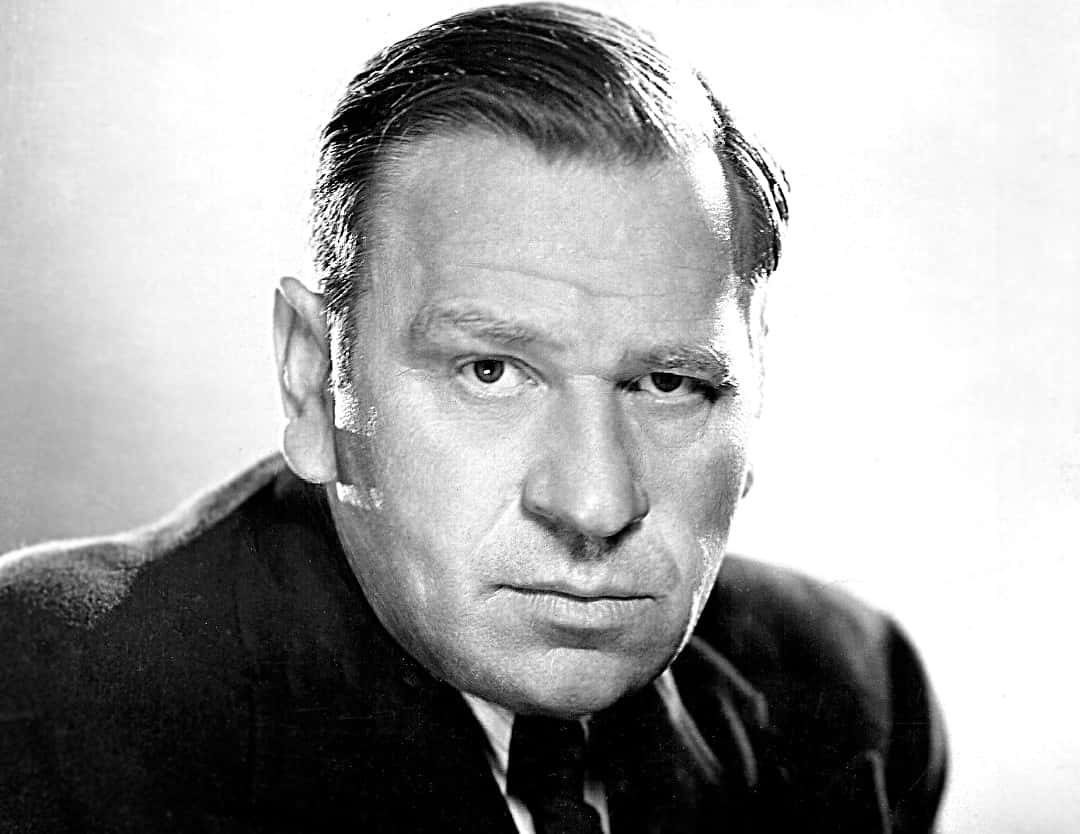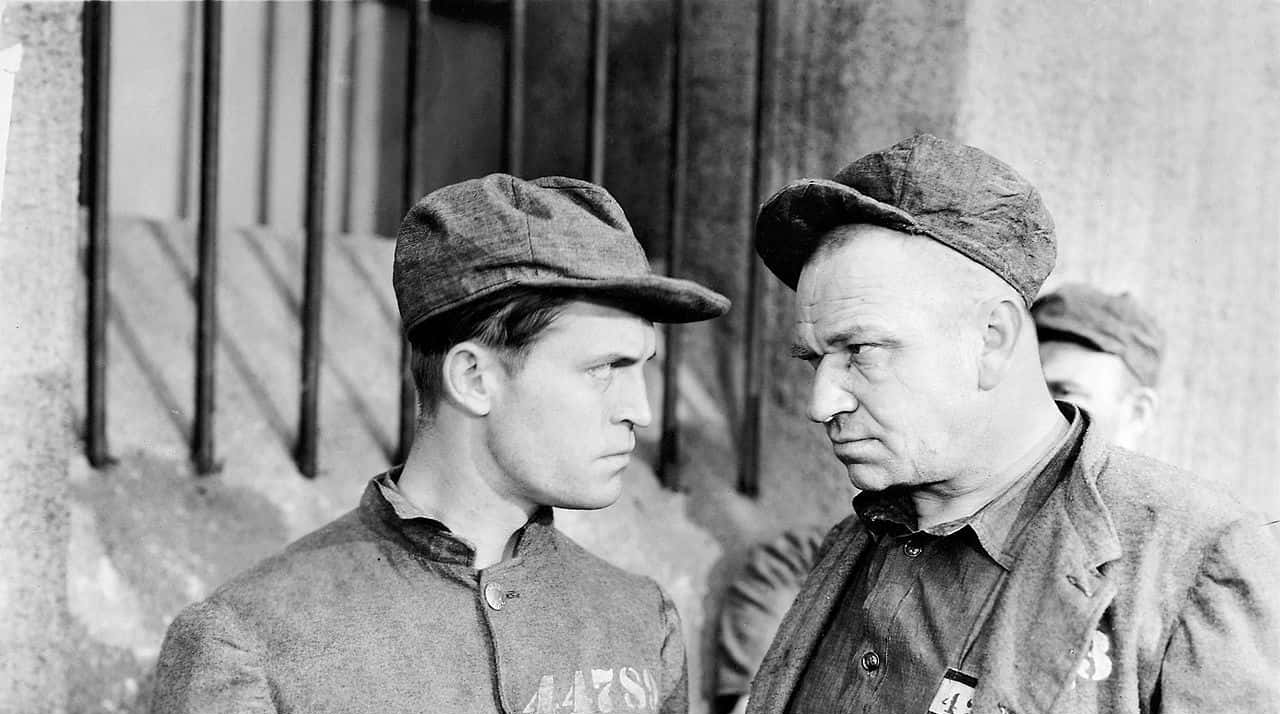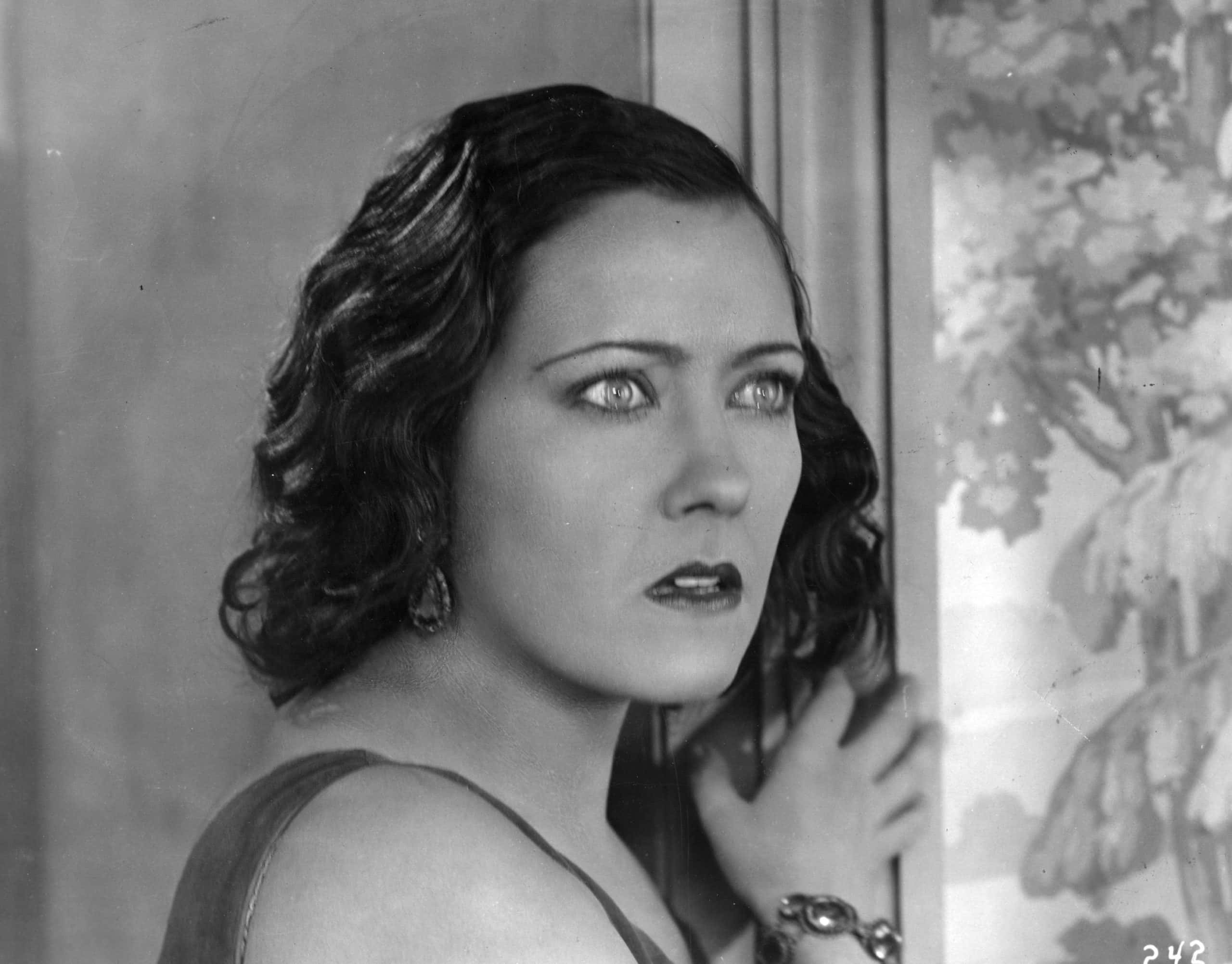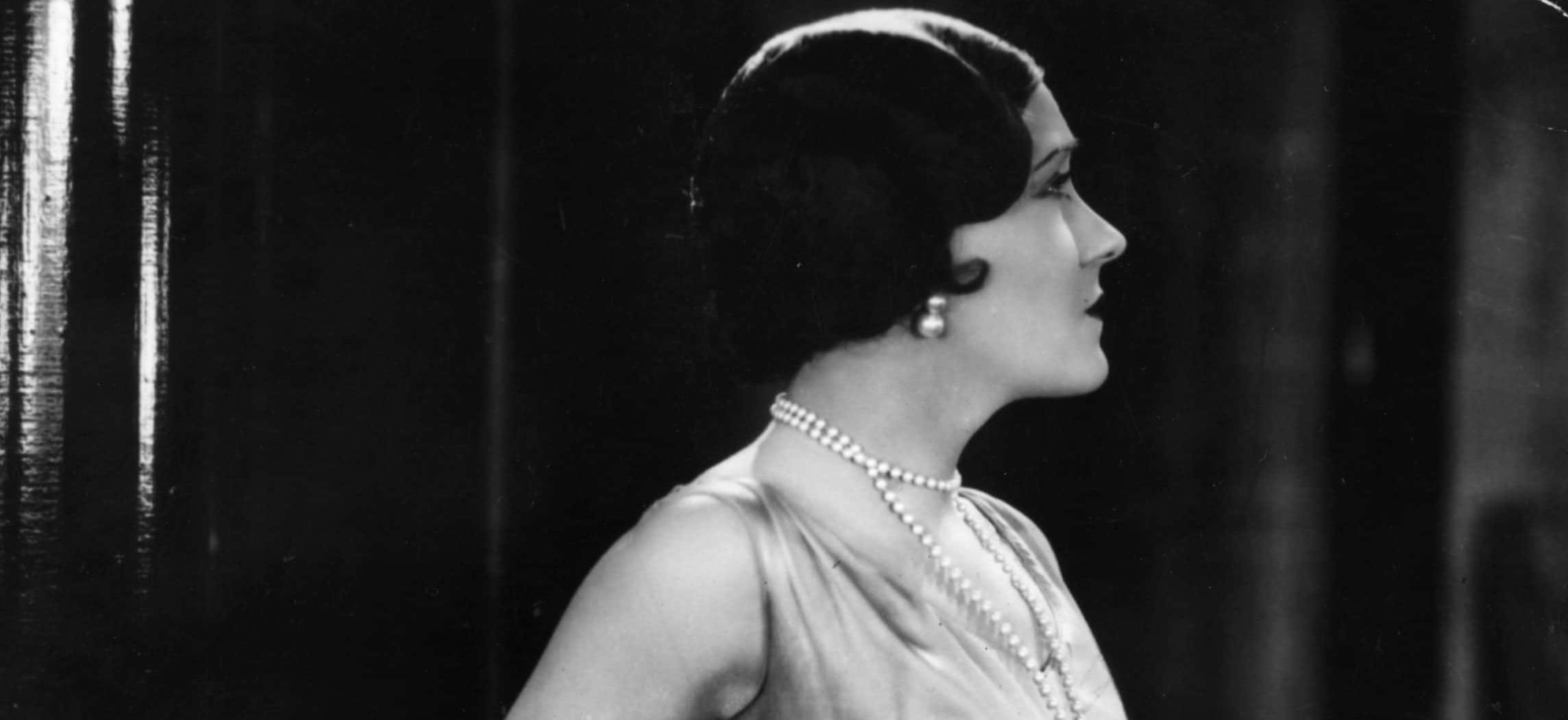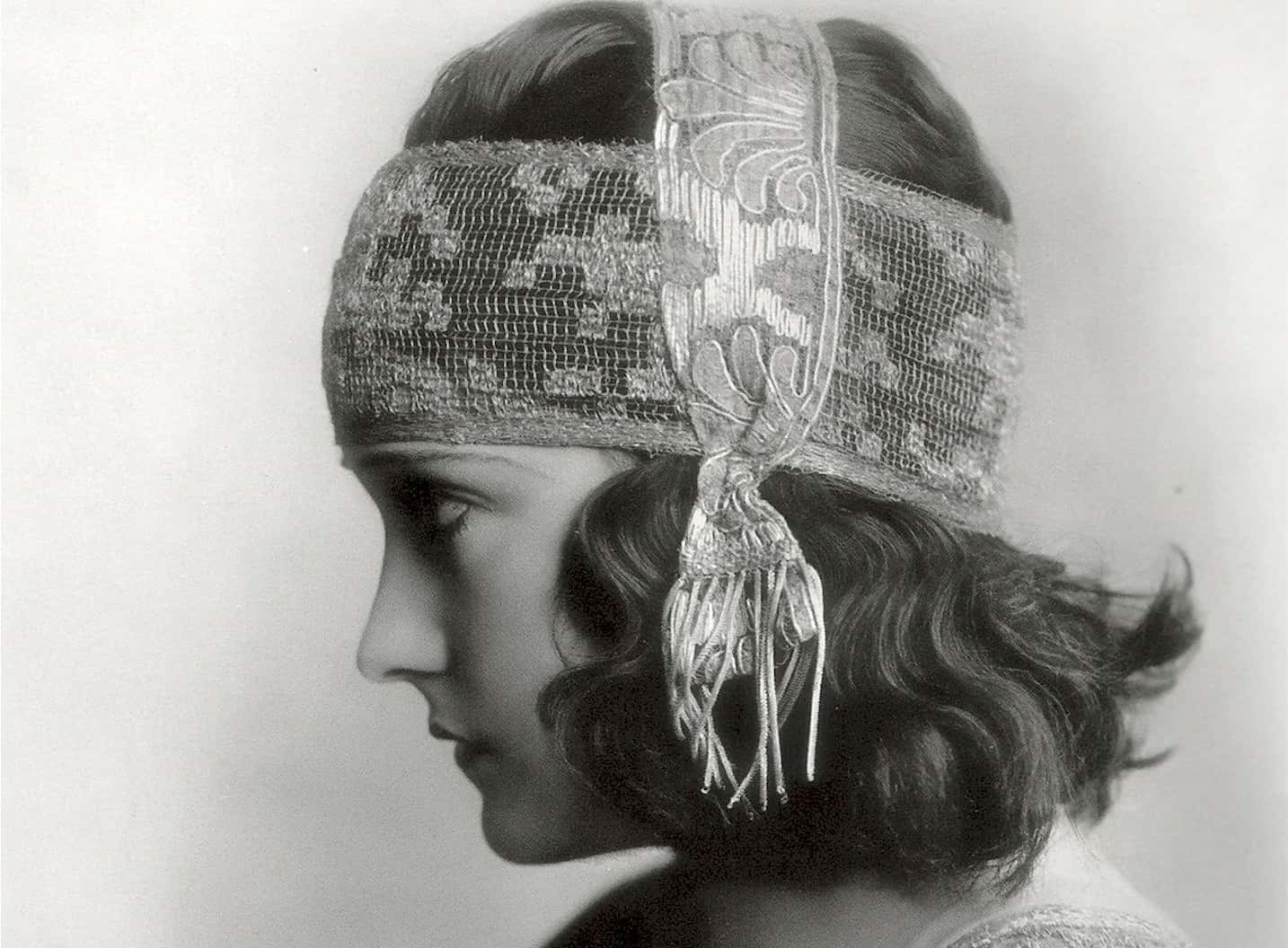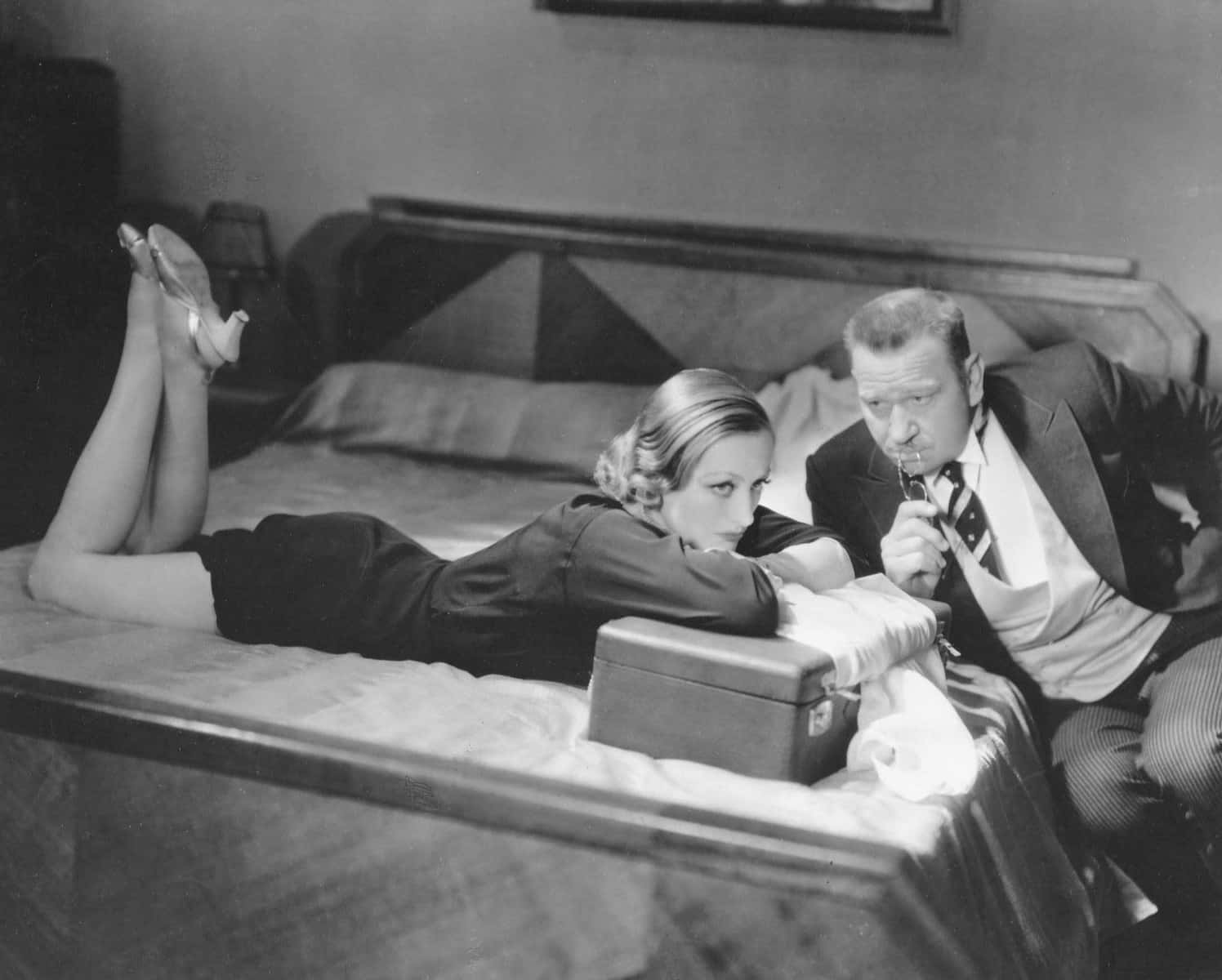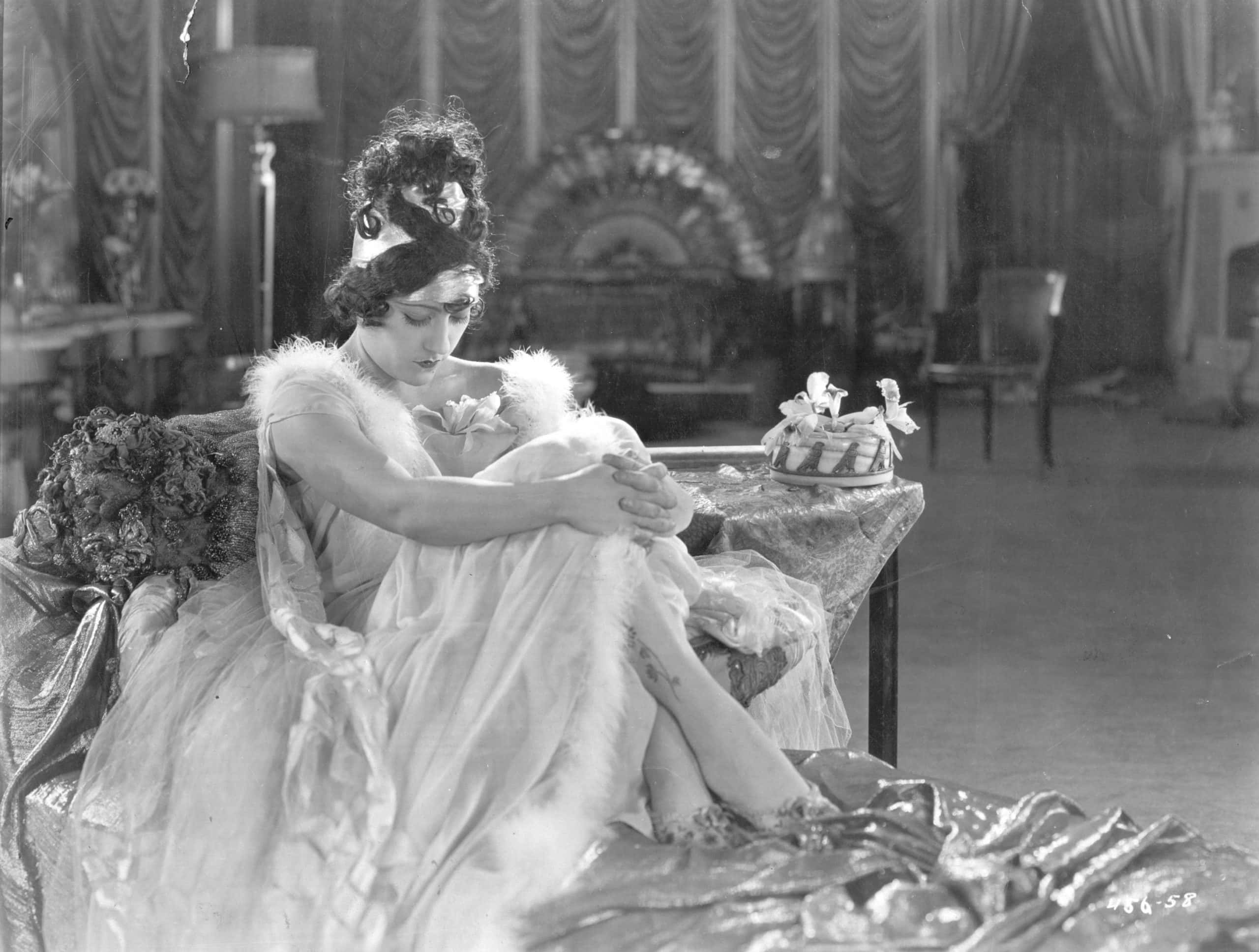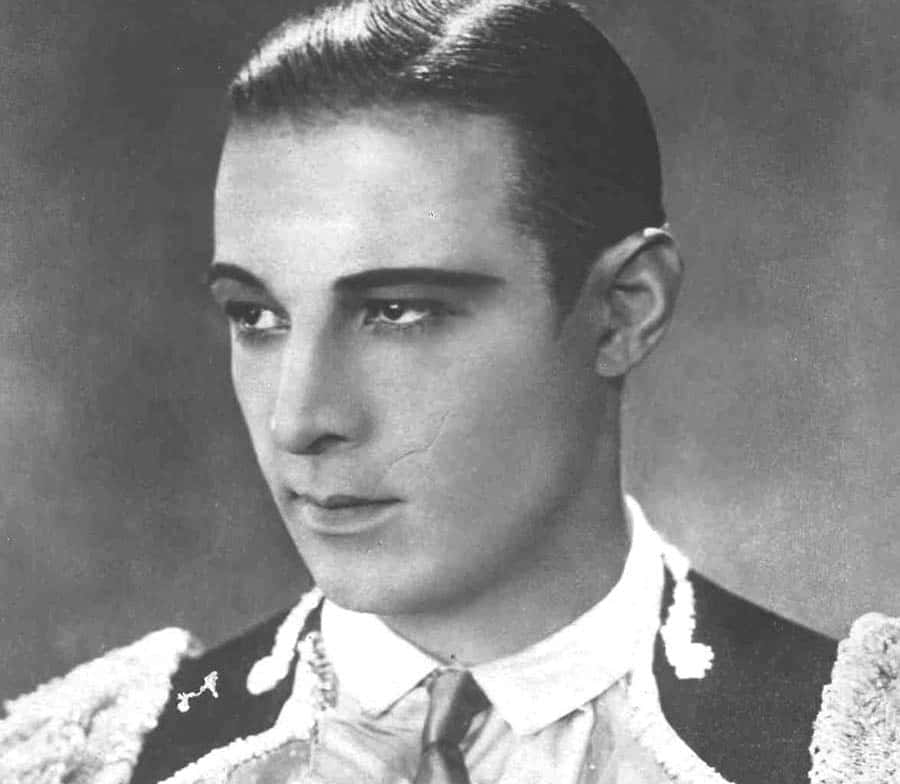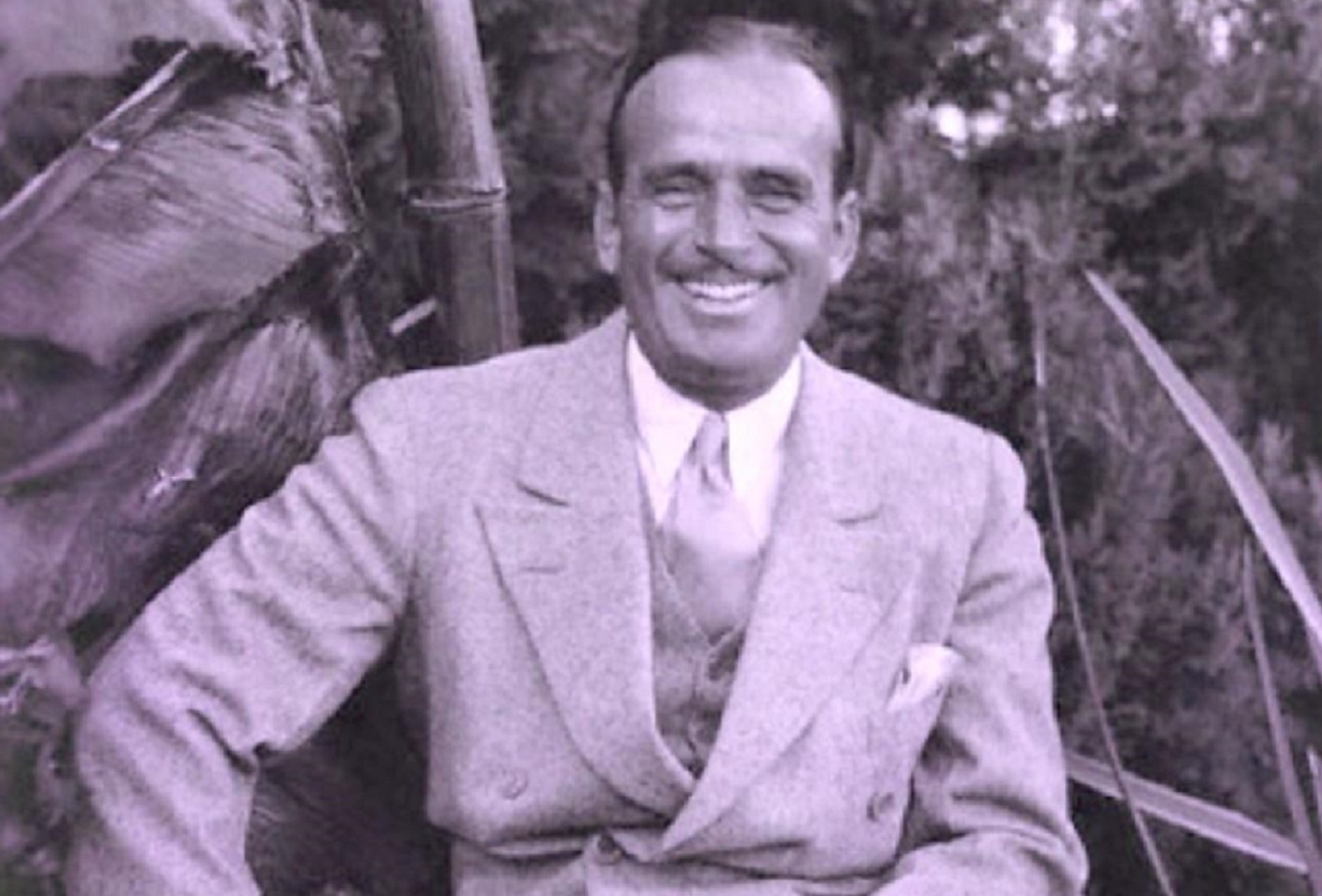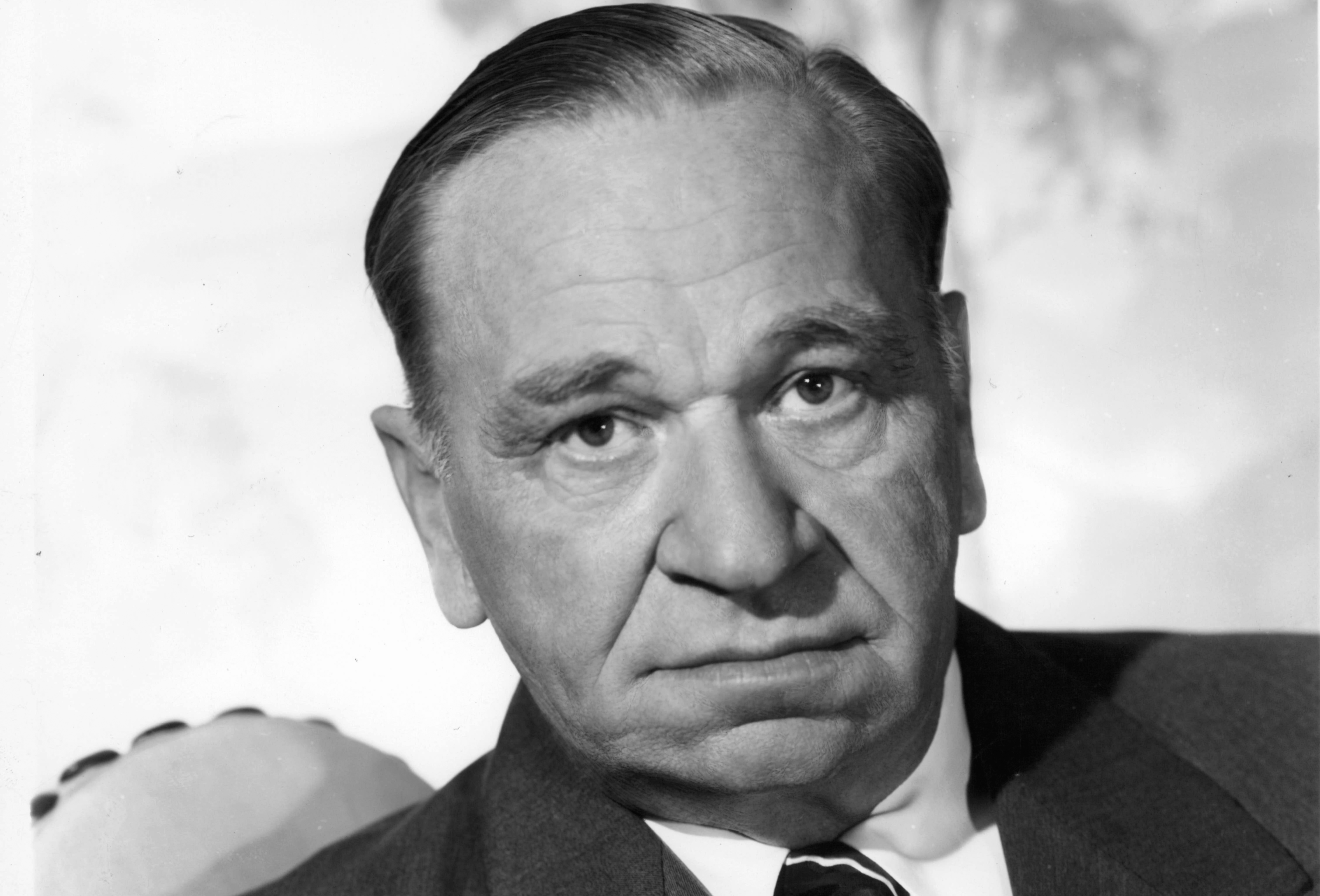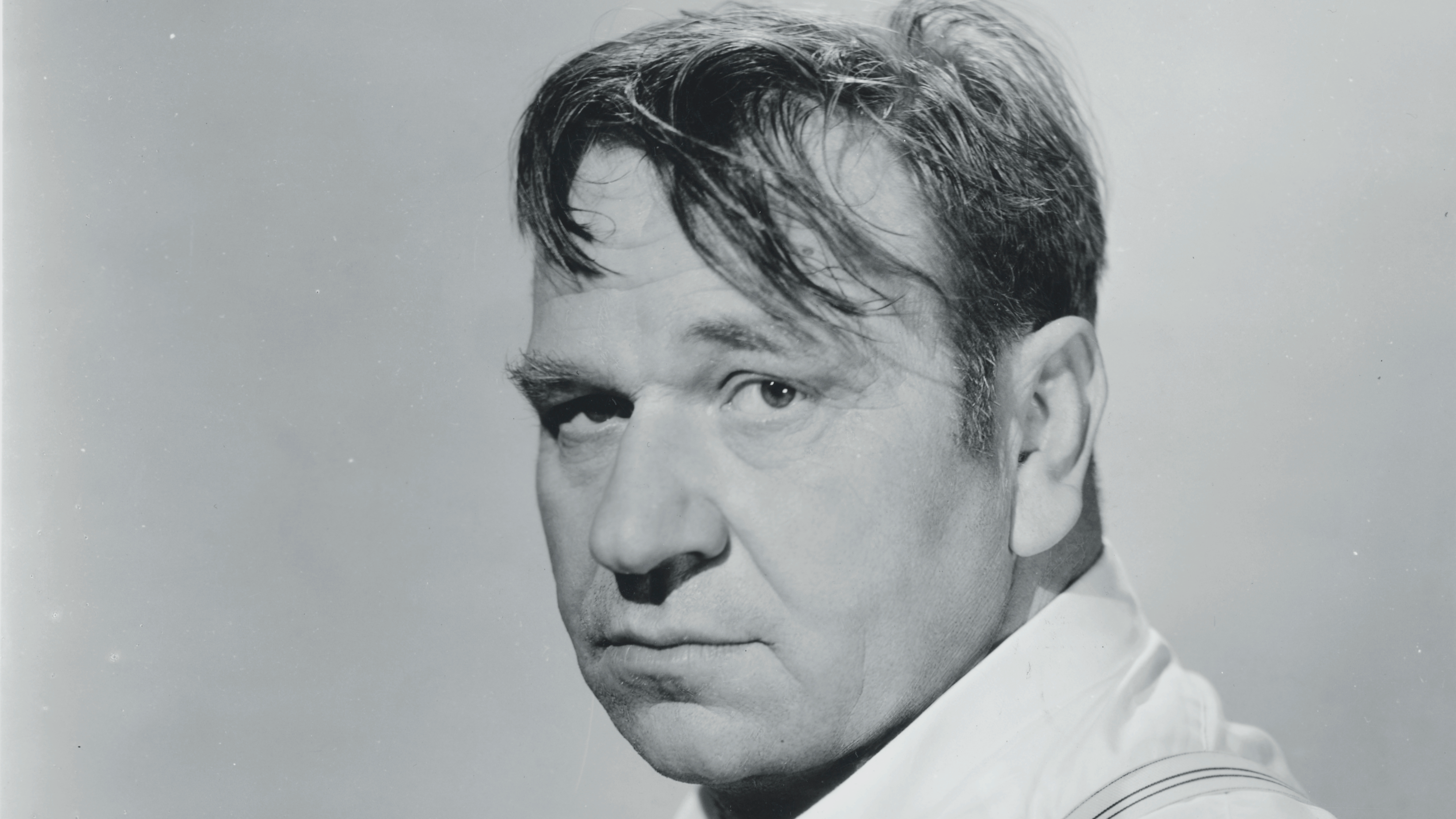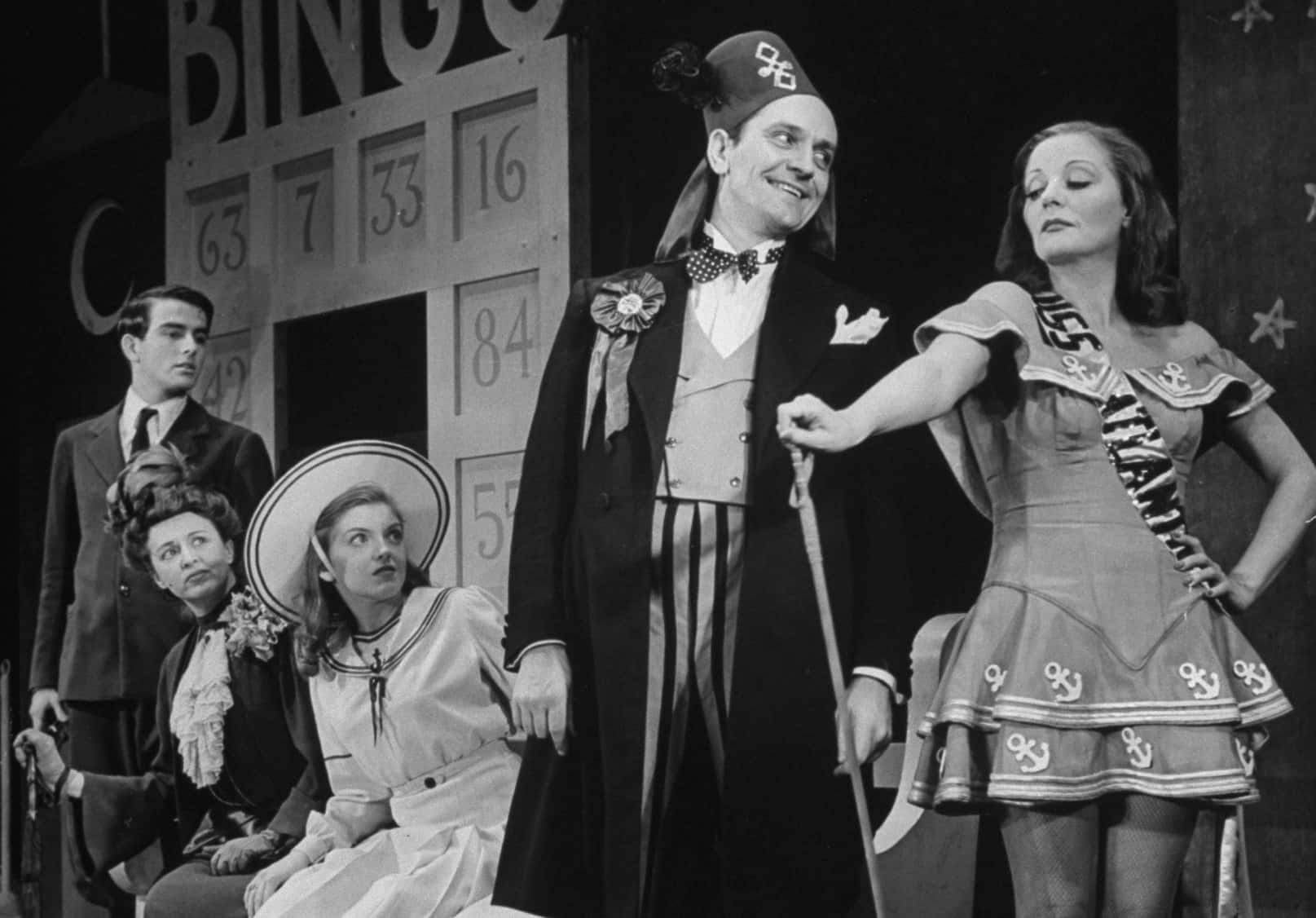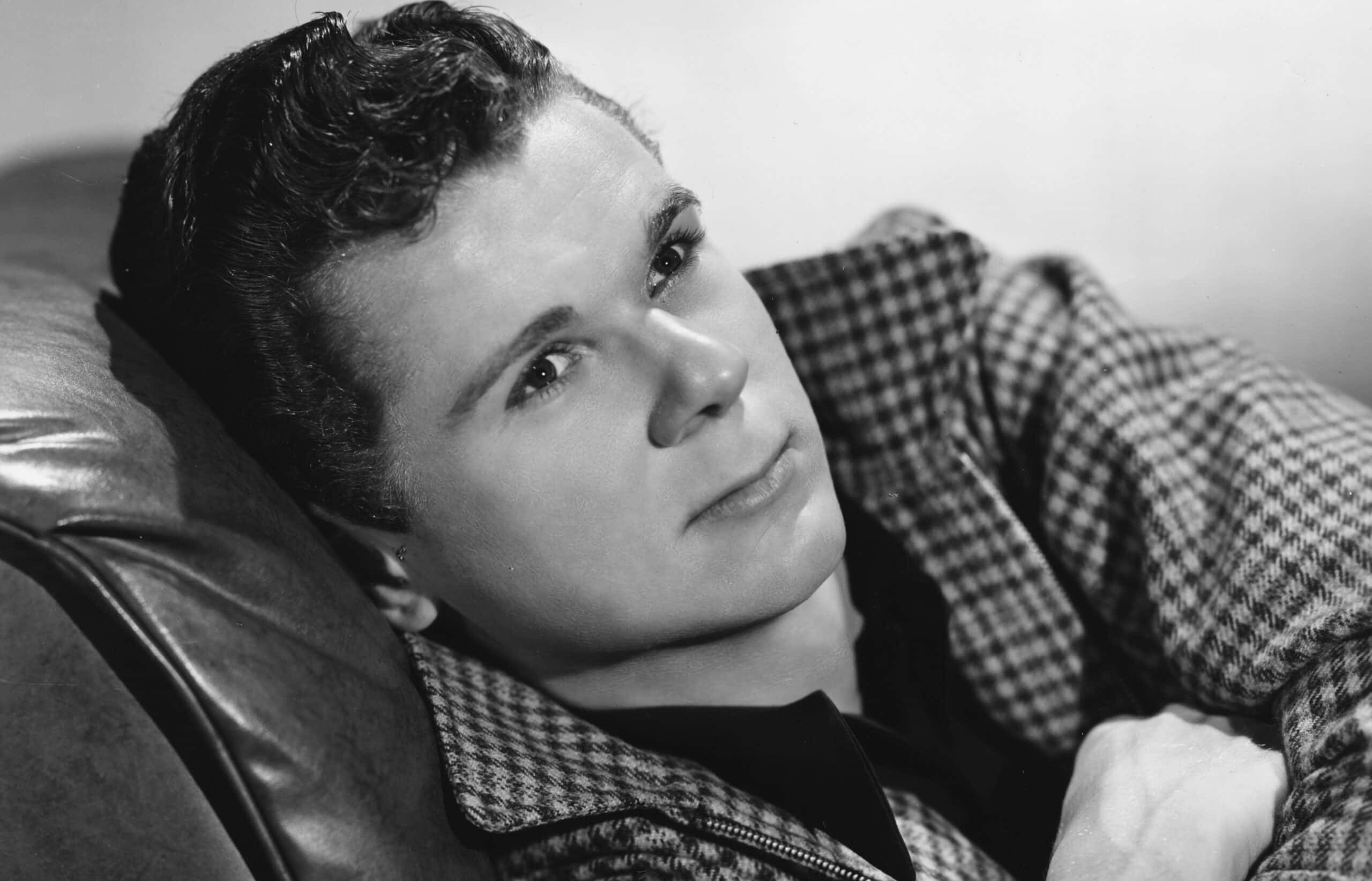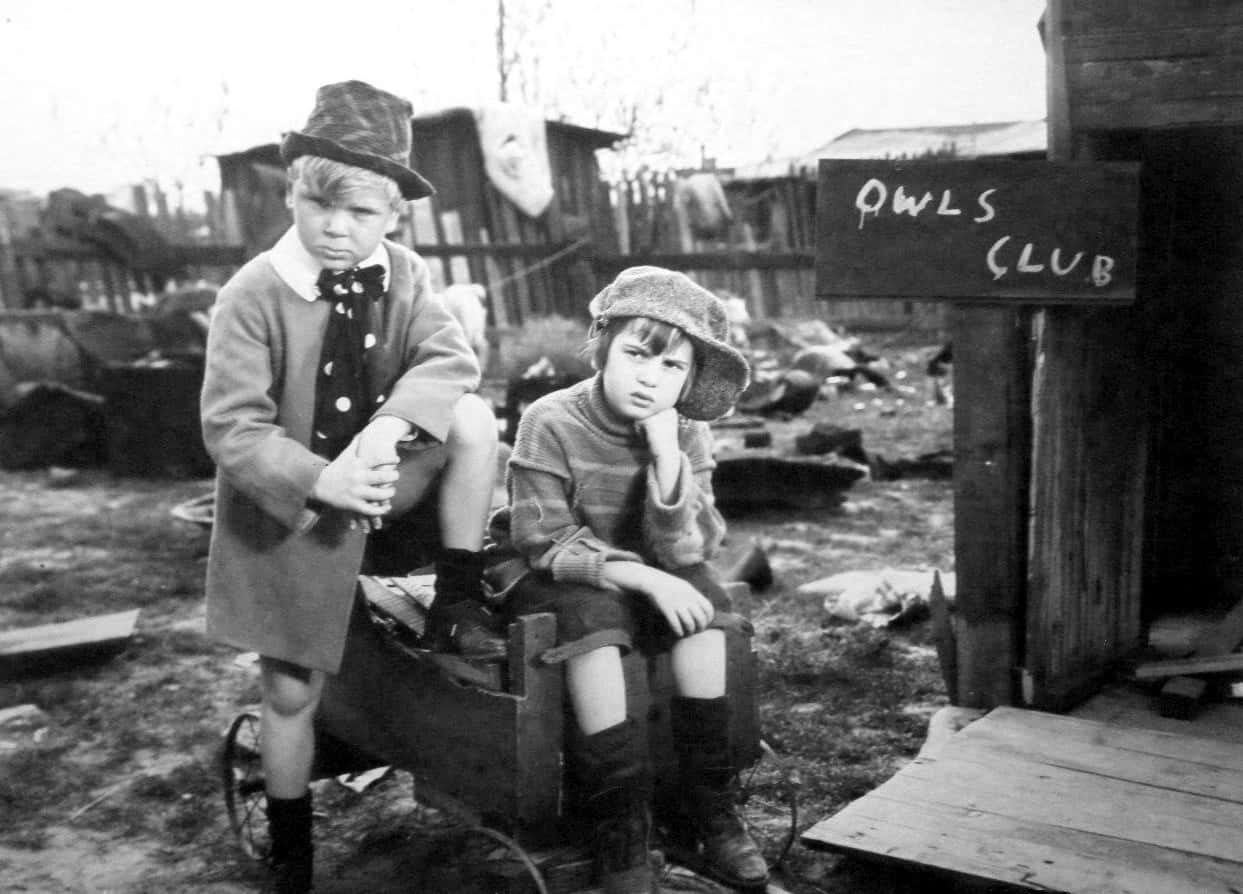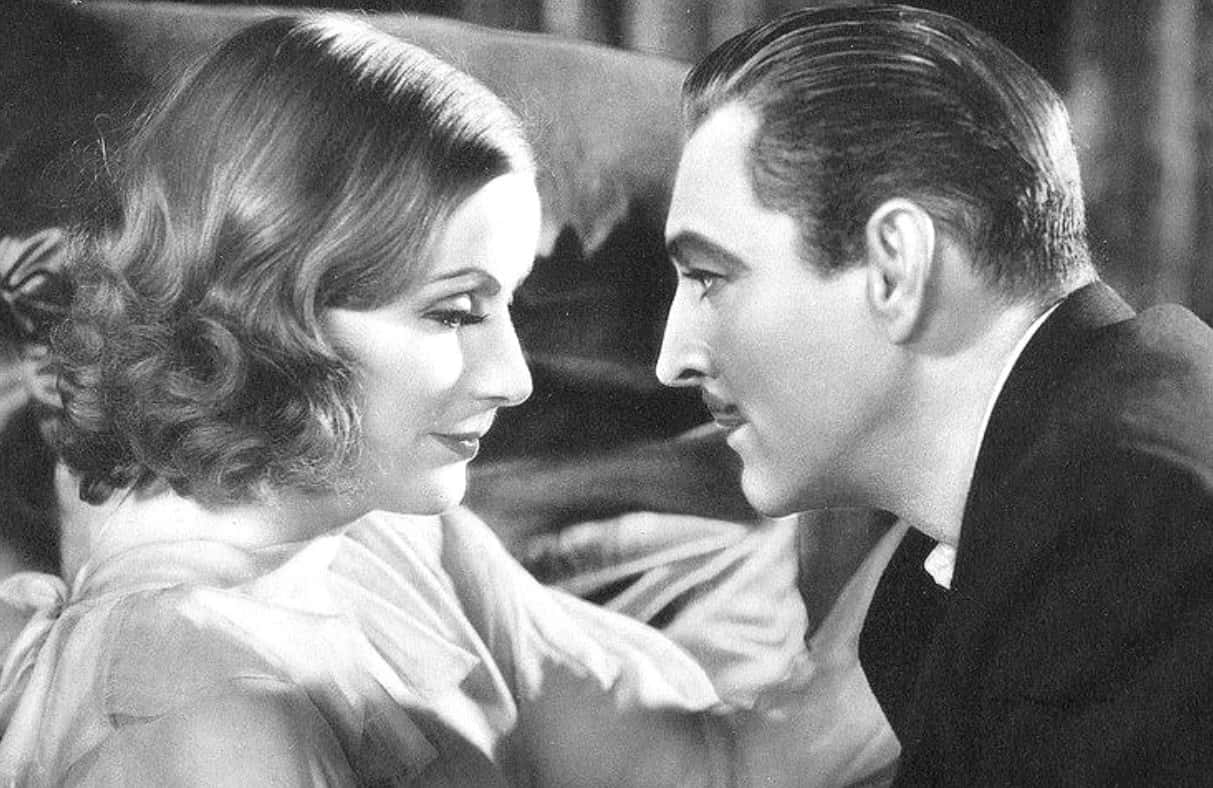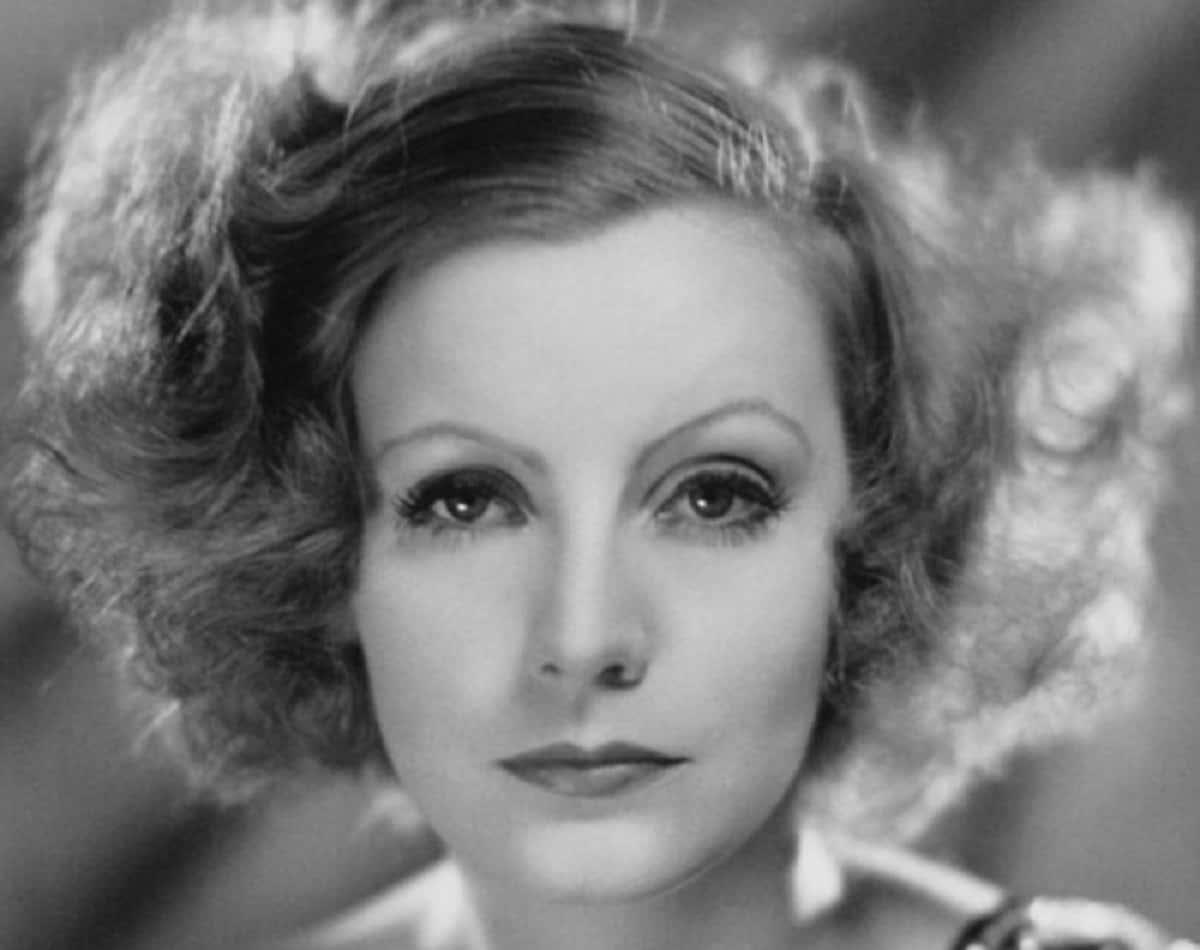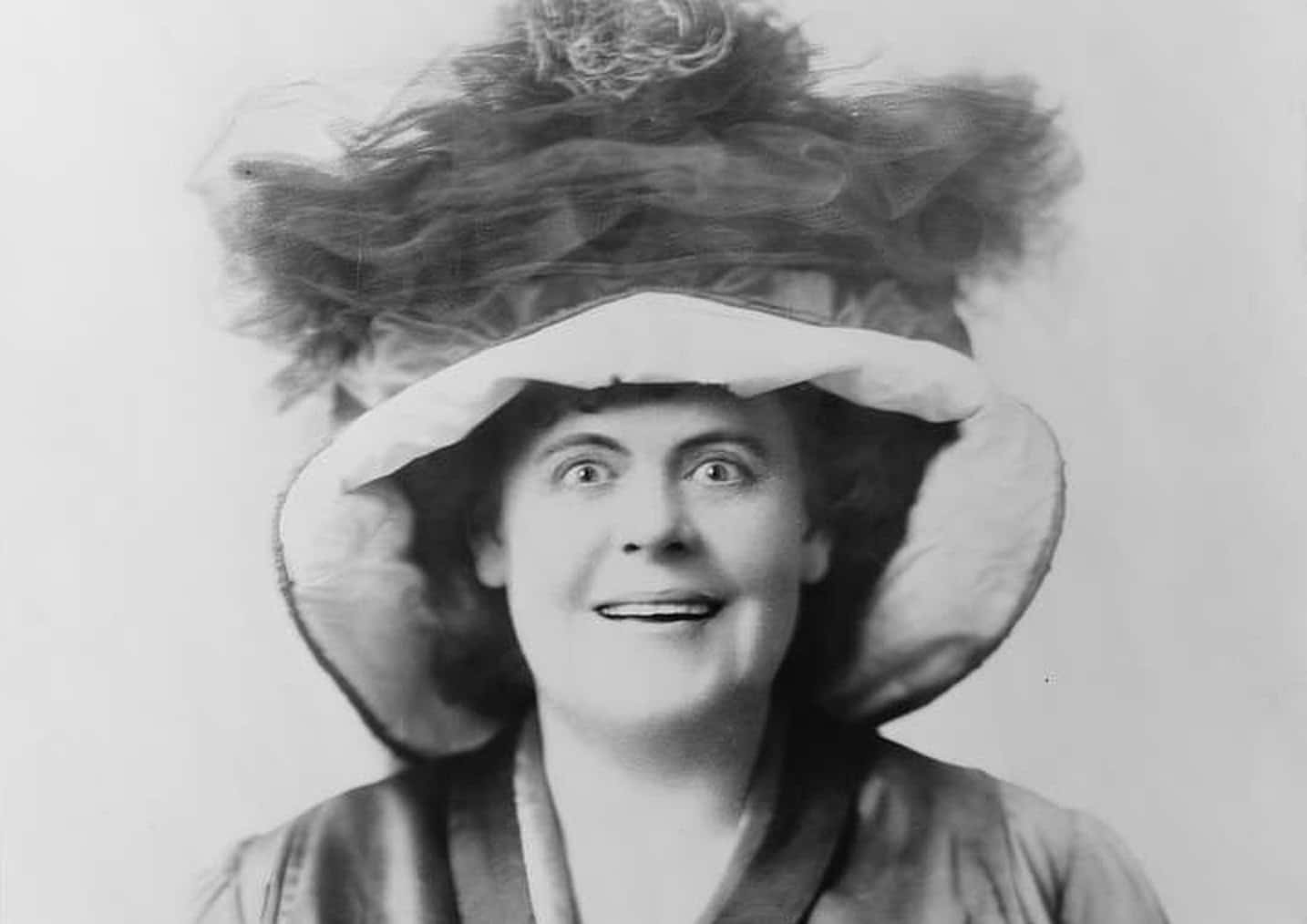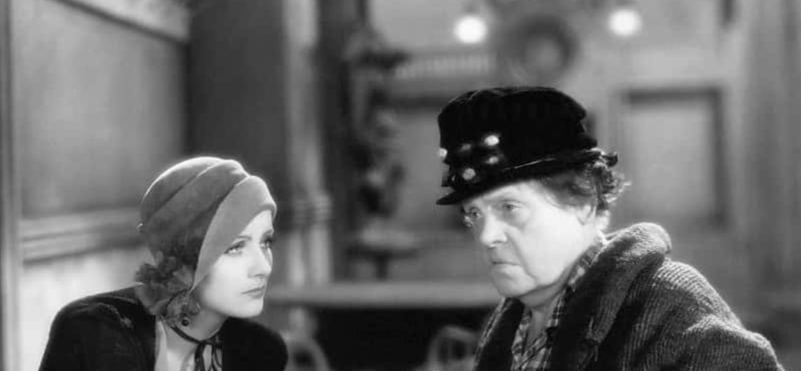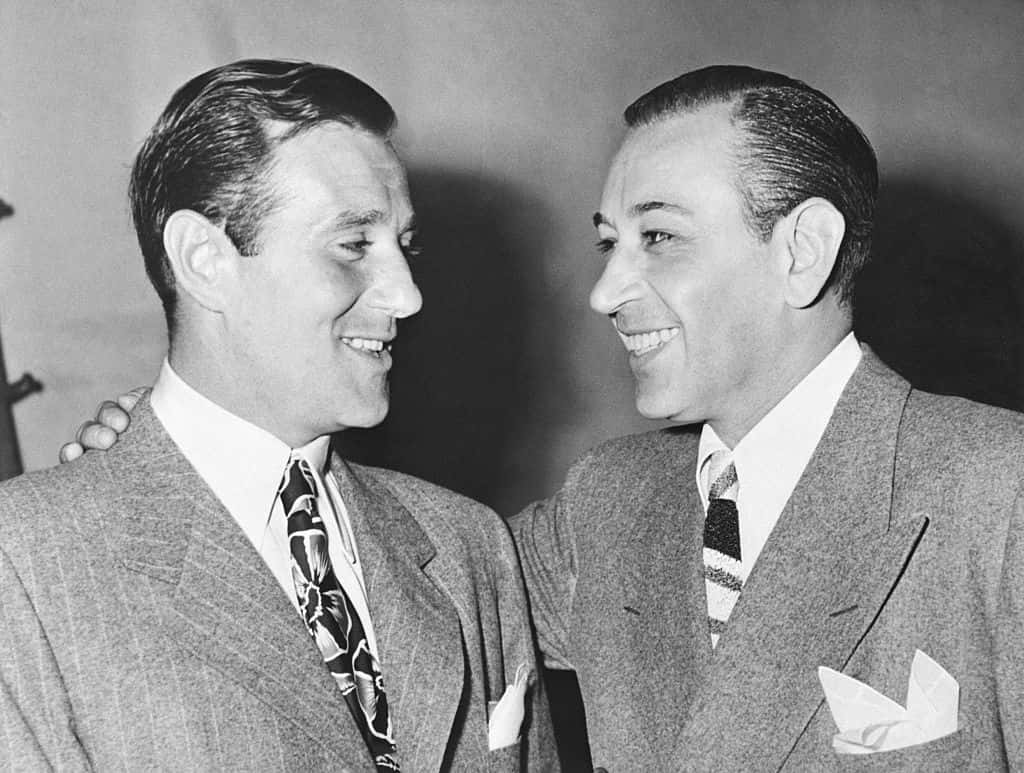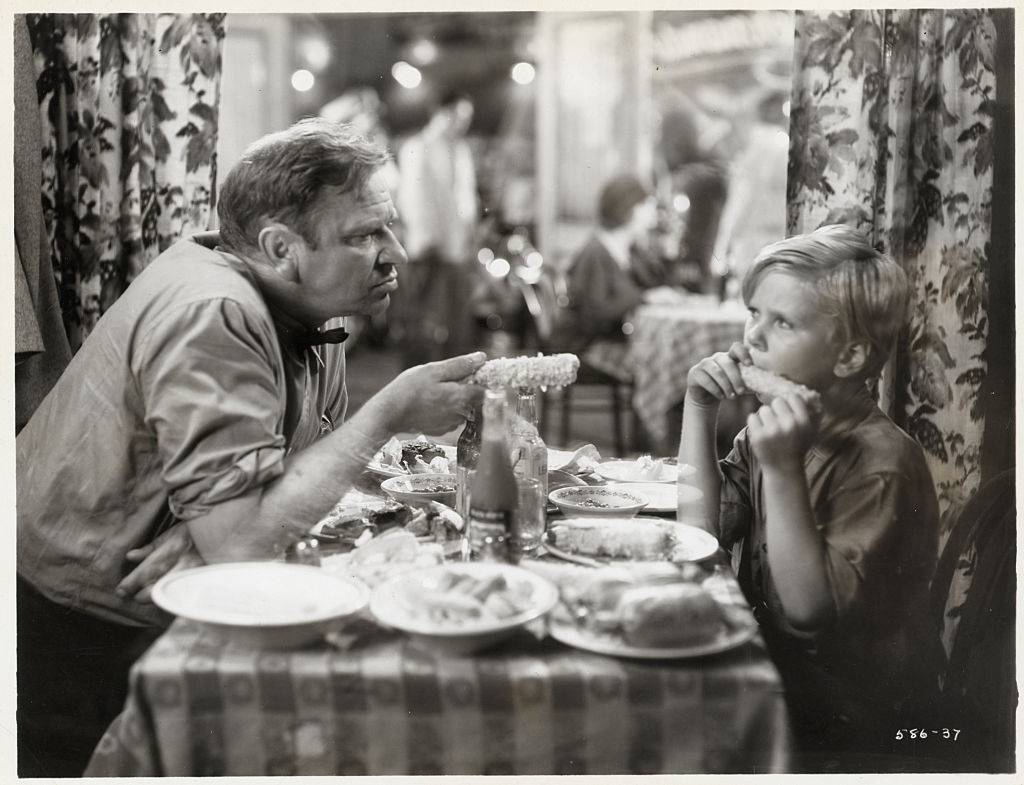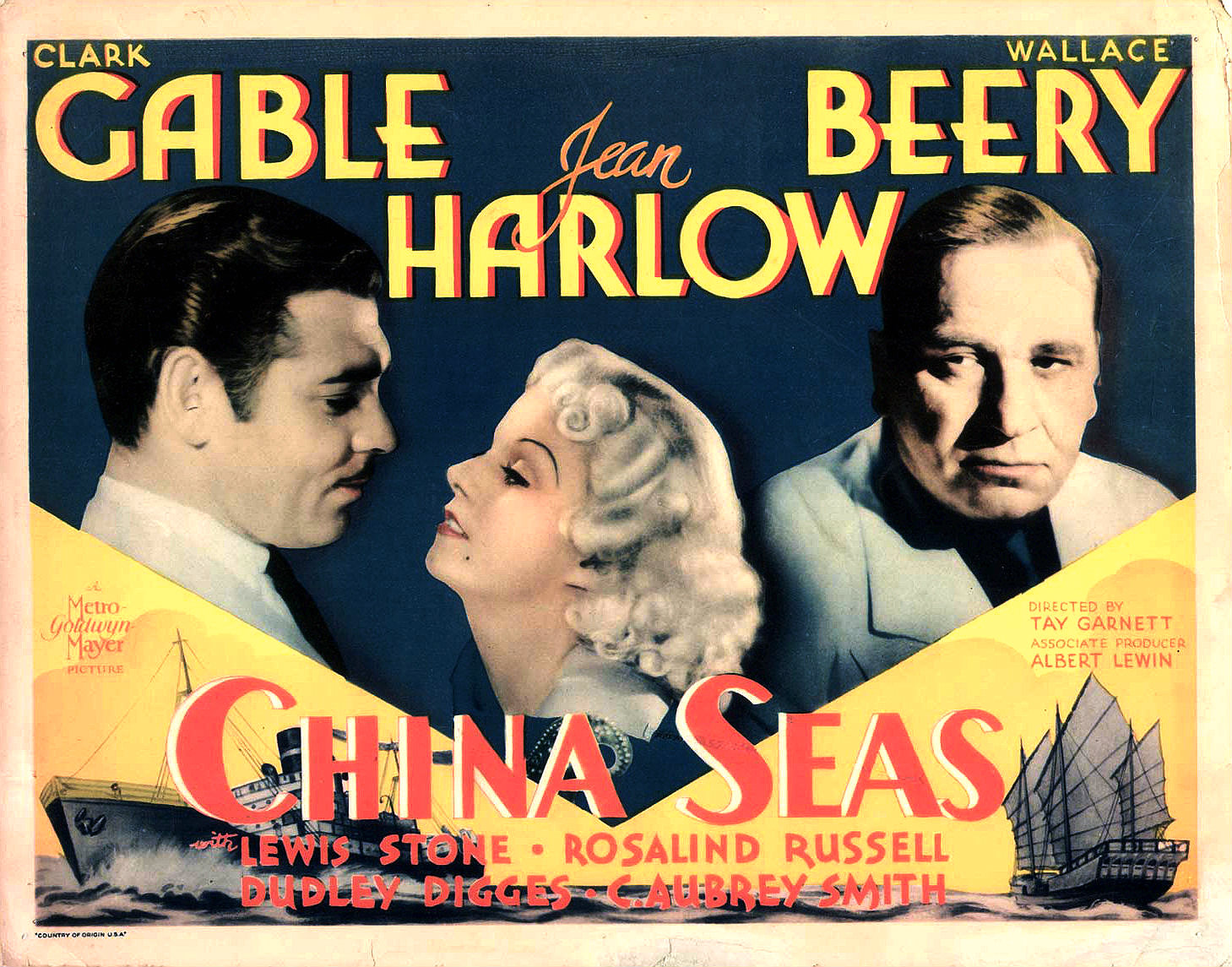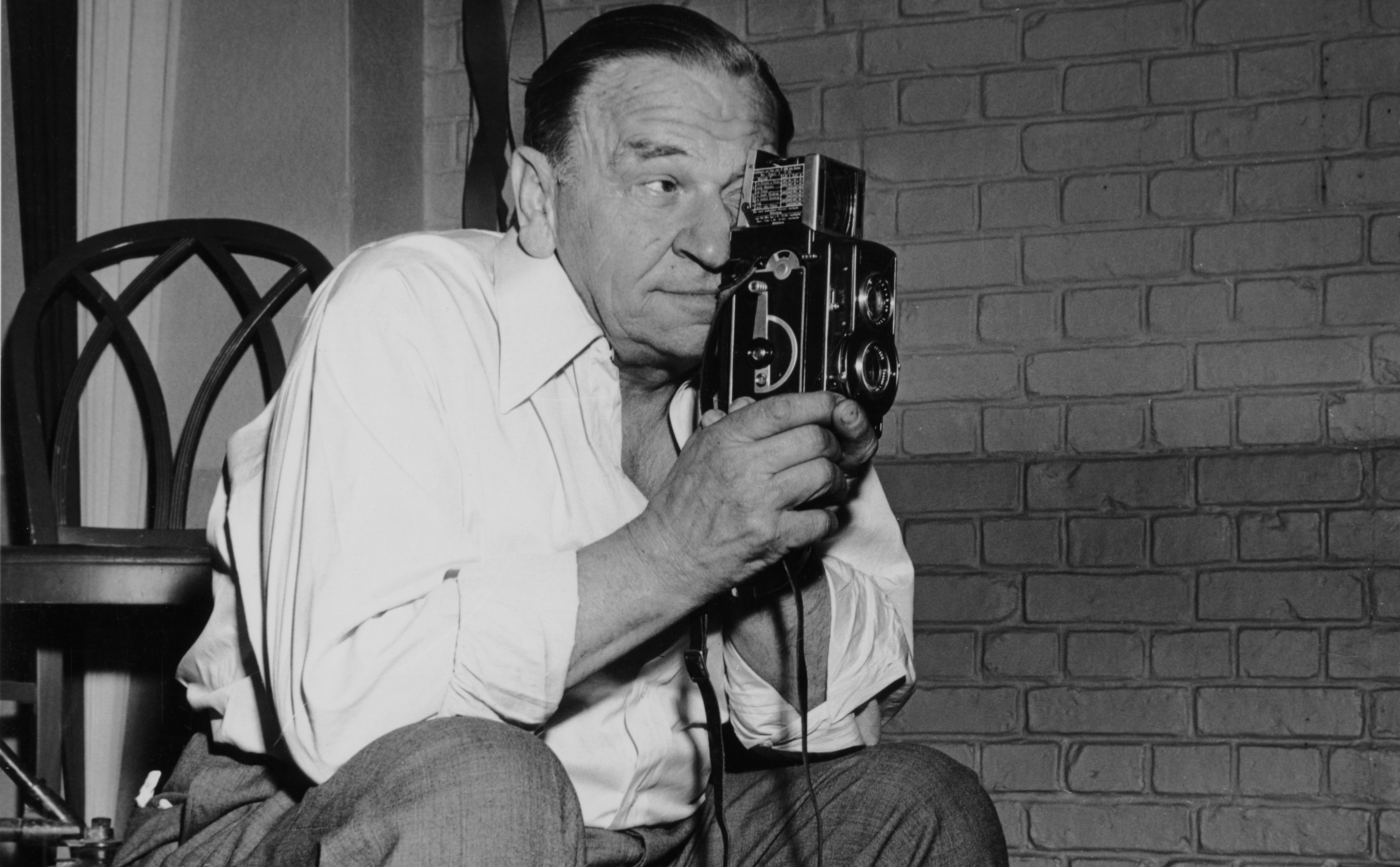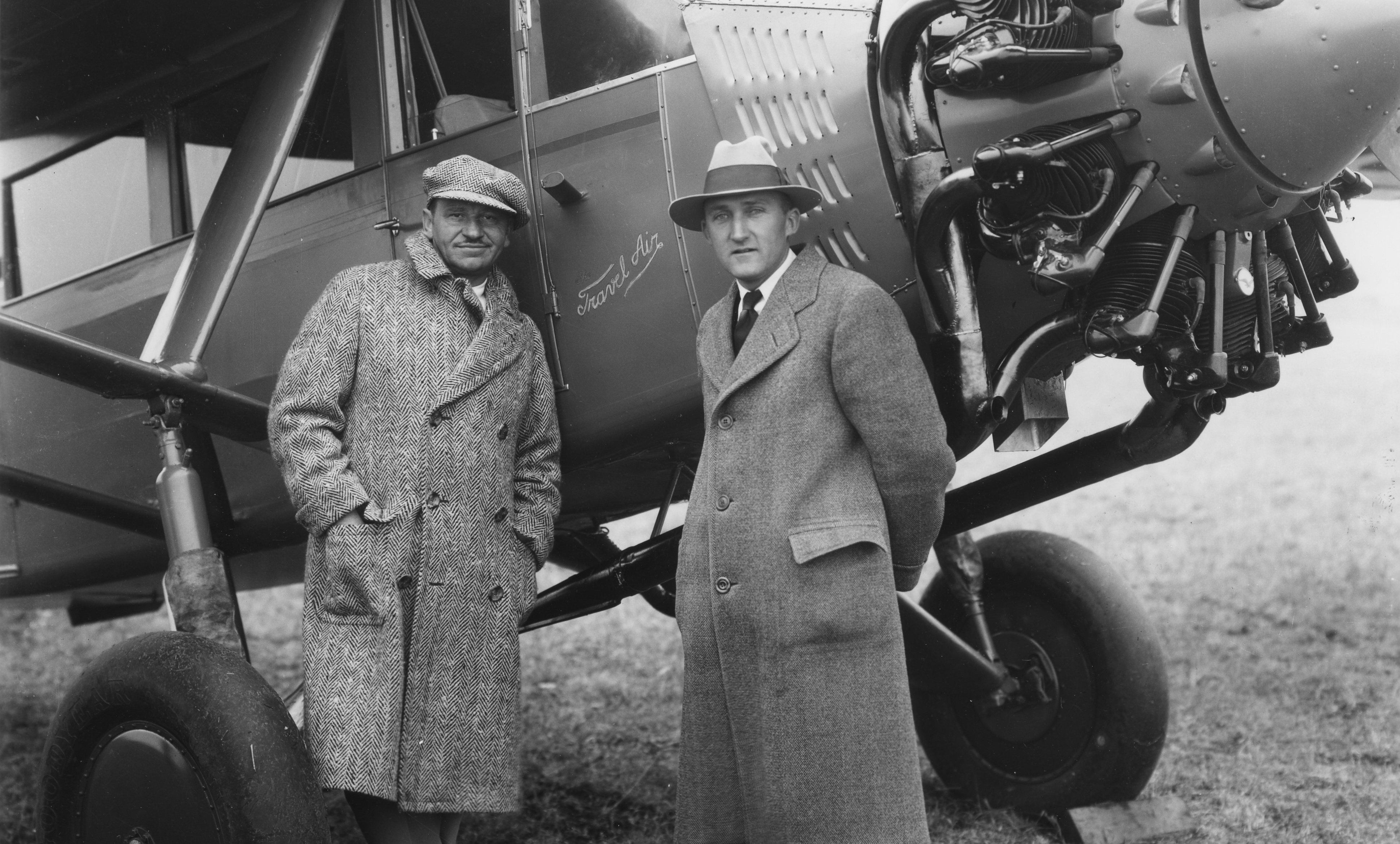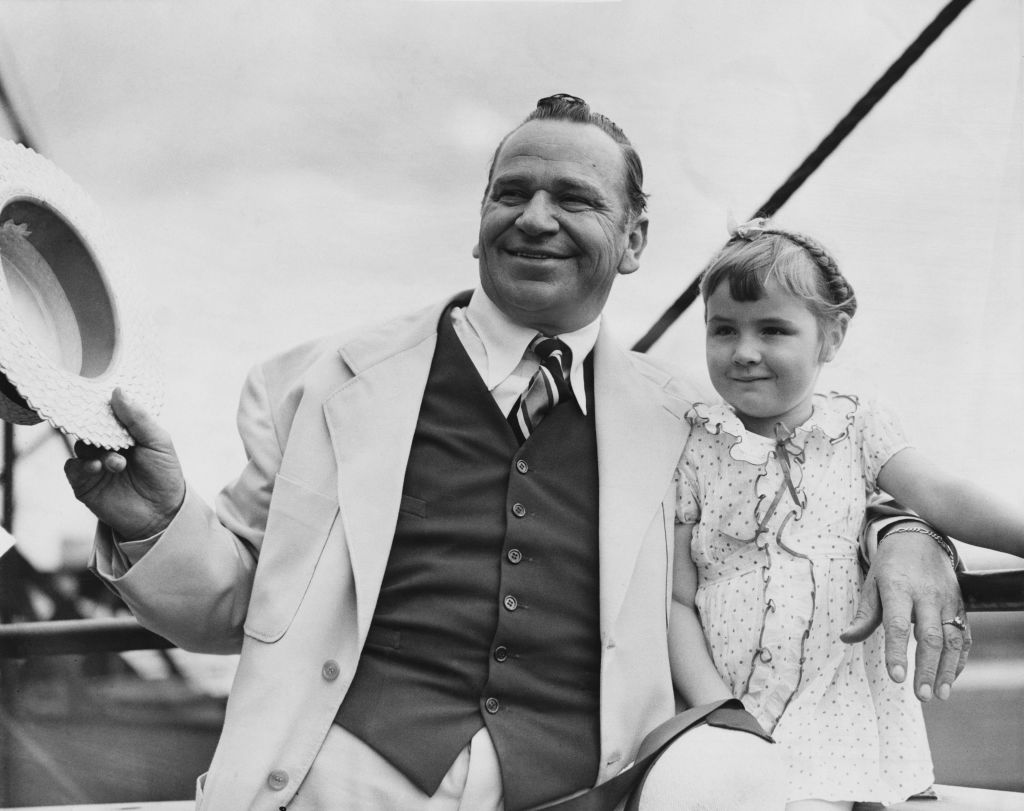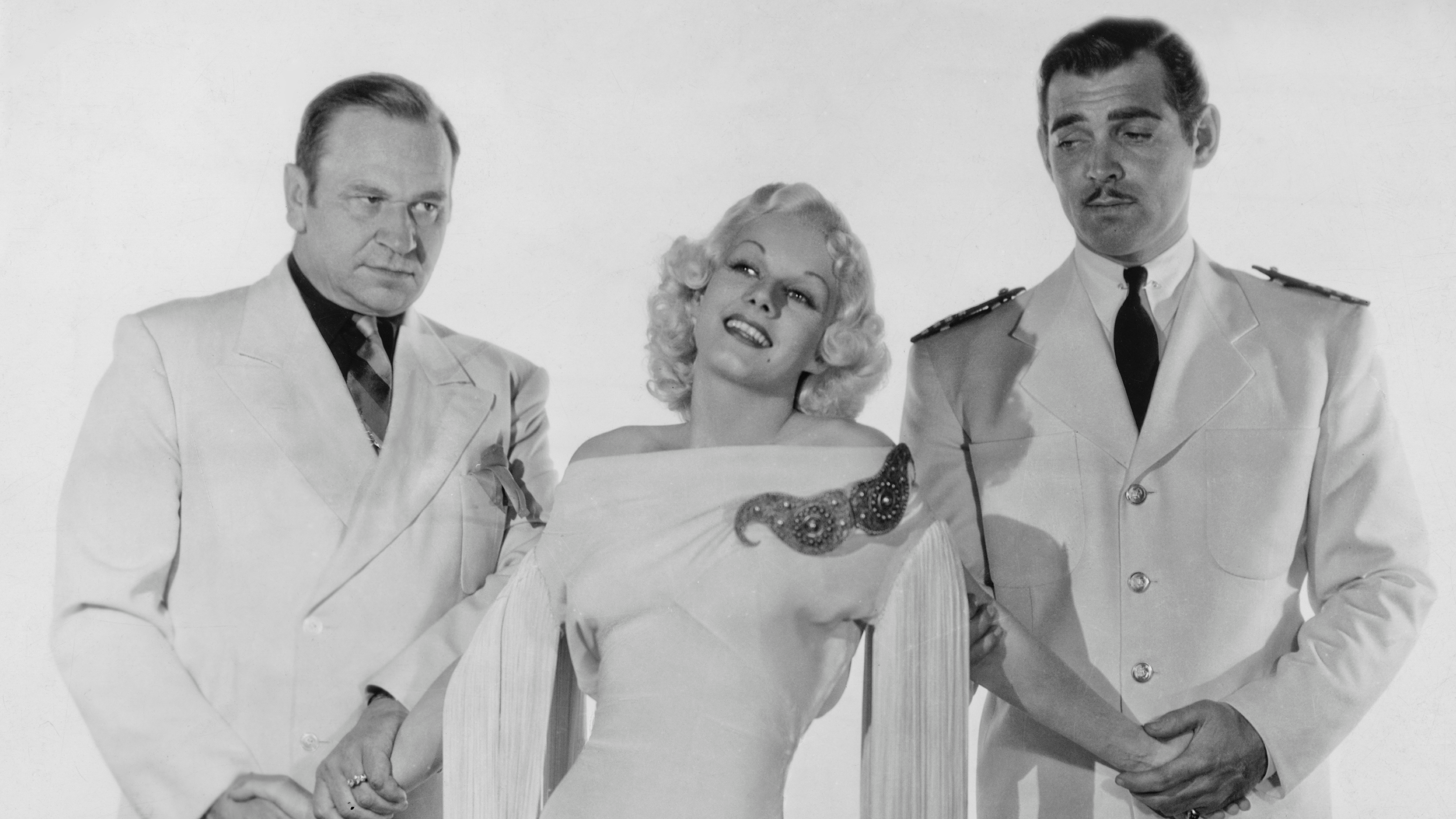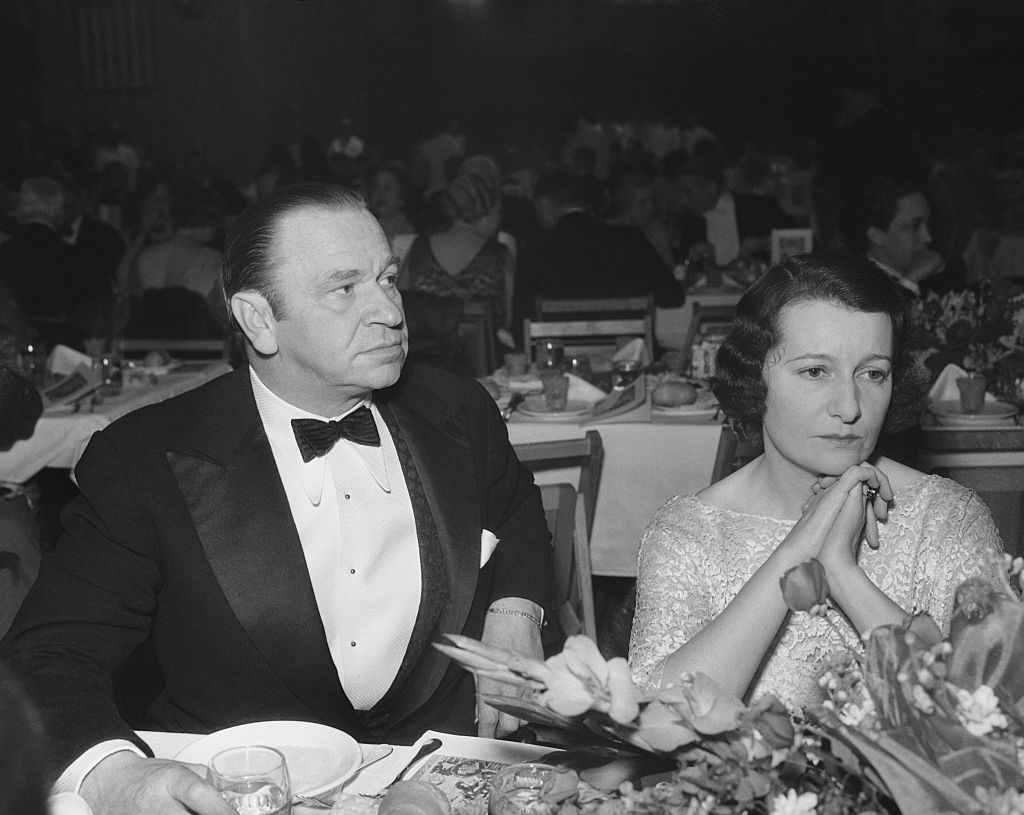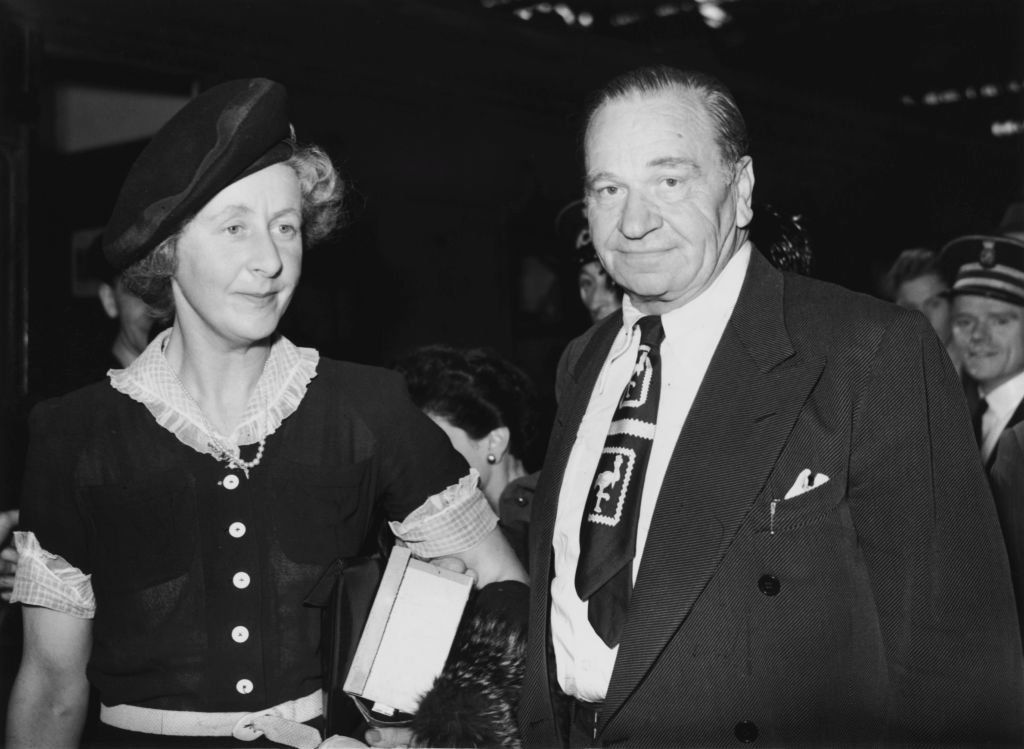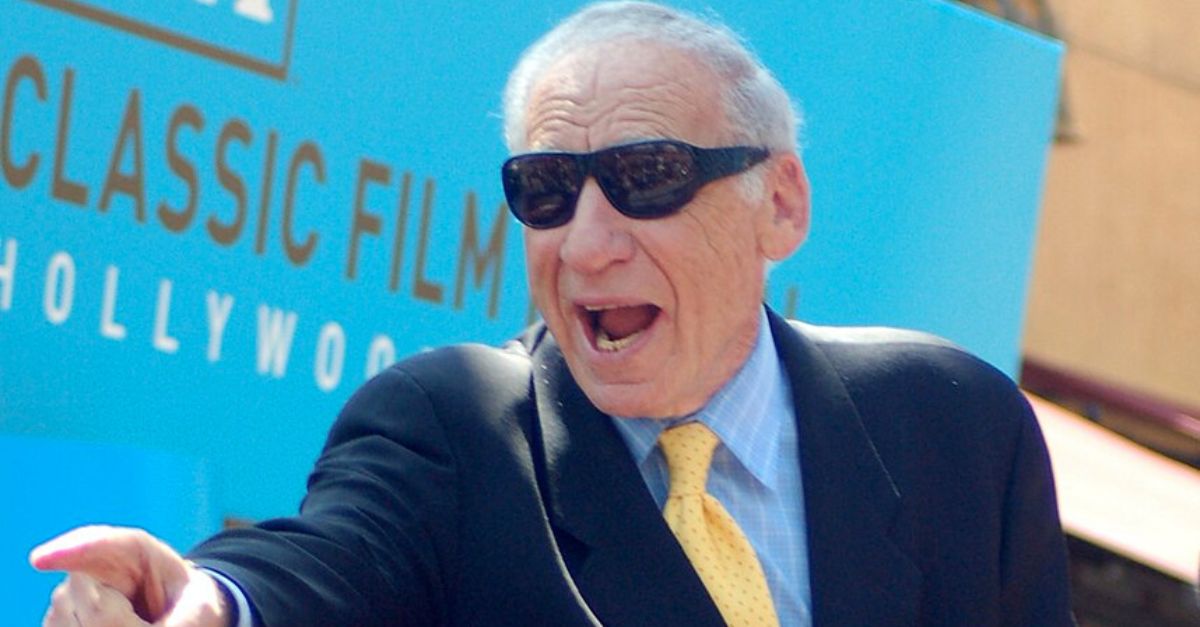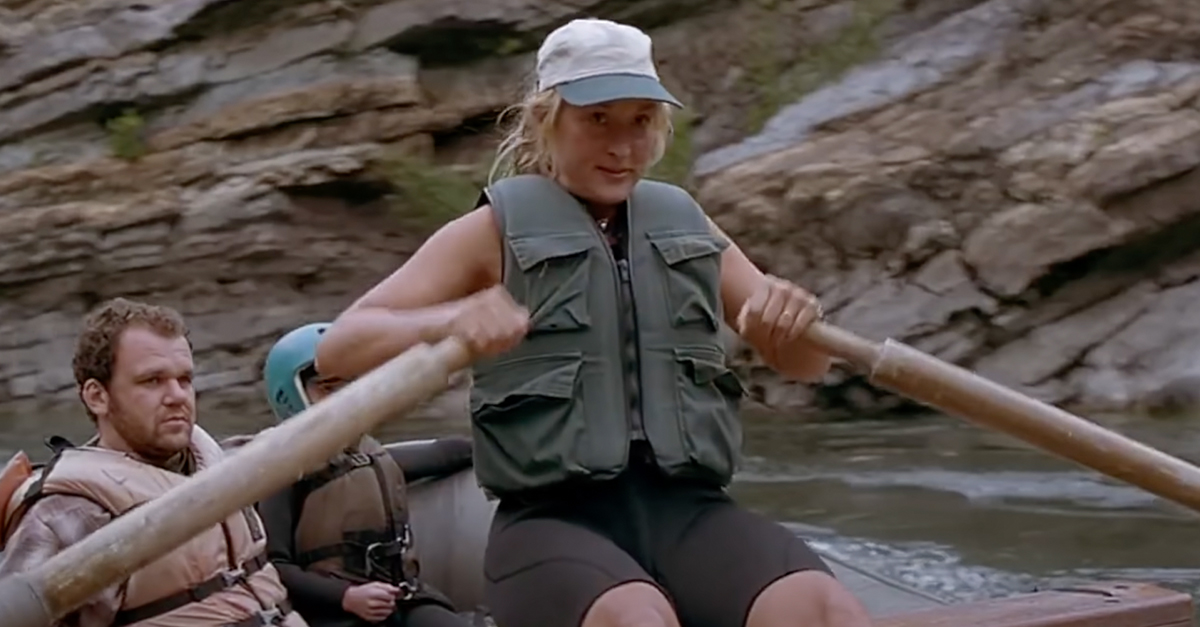The Behind-The-Scenes Bad Guy
Movie goers know Wallace Beery best as the on-screen baddy in classics like Grand Hotel, Treasure Island, and The Champ. Behind the scenes, however, Beery was just as, if not more, villainous than his characters.
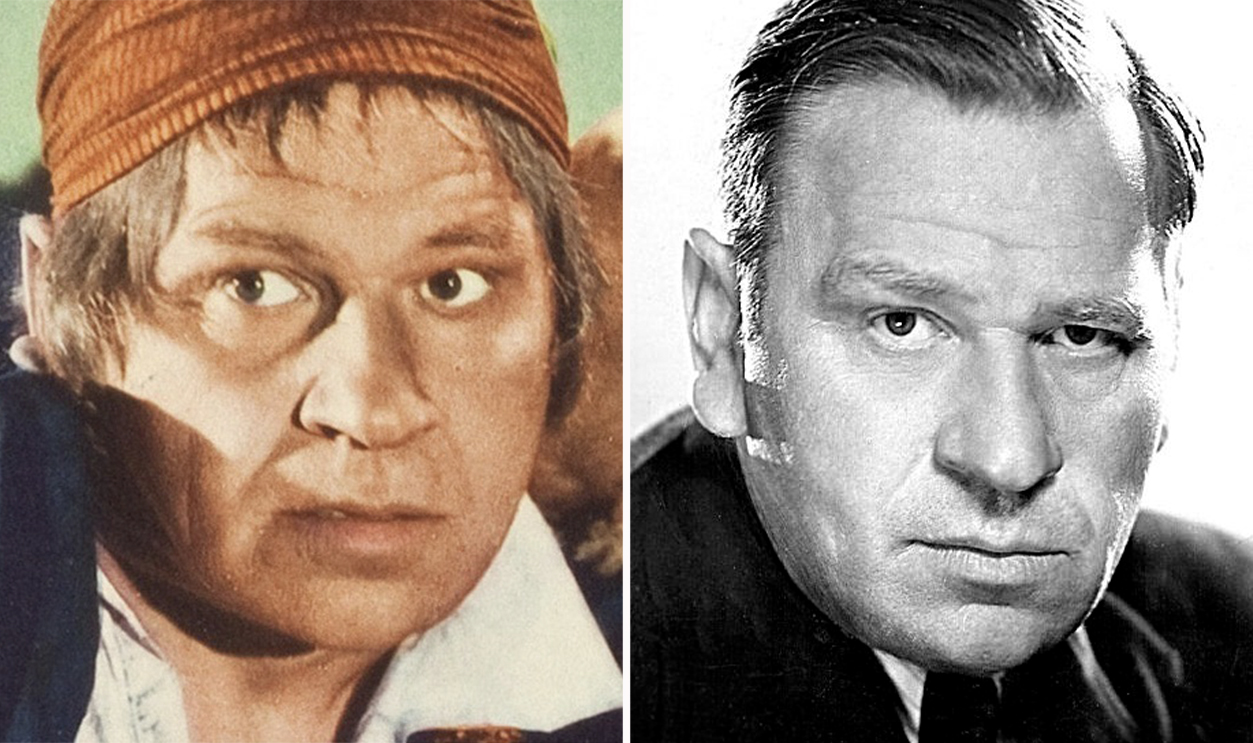
1. He Was A Fool From Day One
From day one, it was obvious that Wallace Beery was going to be a troublemaker. Born on April Fool’s Day in 1885, he was the youngest of three boys. Despite having a seemingly stable home life, however, Beery showed very little interest in staying with his family. At a young age, he simply dropped out of school and ran away.
But he couldn’t make it on his own.
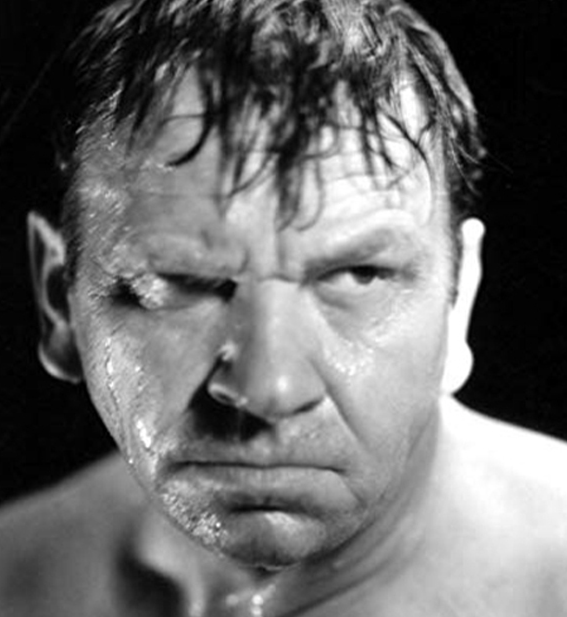
2. He Hurried Back Home
It’s not clear exactly how old Wallace Beery was when he first ran away. He was clearly too young to make it on his own because he returned home a short while later. However, he refused to go back to school and, instead, found work as an engine wiper in the train yards. But even a steady job couldn’t keep him at home. You might say that he had the “eye of the tiger” set on a different future.
3. He Fought Off A Tiger
At 16, Beery abandoned the train yards (and his home) and did exactly what every parent fears. He joined the Ringling Brothers Circus. The gig provided Beery with the excitement he had wanted. Perhaps even too much. Two years into working for the circus, a leopard clawed at him, nearly tearing him to shreds. Clearly, he was not meant for the circus.
 Unknown Author, Wikimedia Commons
Unknown Author, Wikimedia Commons
4. He Was A Broadway Baritone
With some cuts and scrapes from a leopard's claws, Beery quit the circus. But he had developed a love for show business that he couldn’t shake so he joined his older brother, Noah, in New York. It took no time for his booming baritone voice to land him big roles on Broadway. But he had a funny feeling that cinema was the next big thing.
5. He Was A Drag Maid
With the success of his Broadway career, Wallace Beery moved to Chicago to find work in the burgeoning film industry. He landed a contract with Essanay Studios and starred in several short comedies. His fans, however, likely wouldn’t have recognized him on the streets. His most popular character was a Swedish maid named Sweedie, a character that he portrayed in head-to-toe drag.
It was undoubtedly an exciting, new chapter for Beery—but he was destined for scandal.
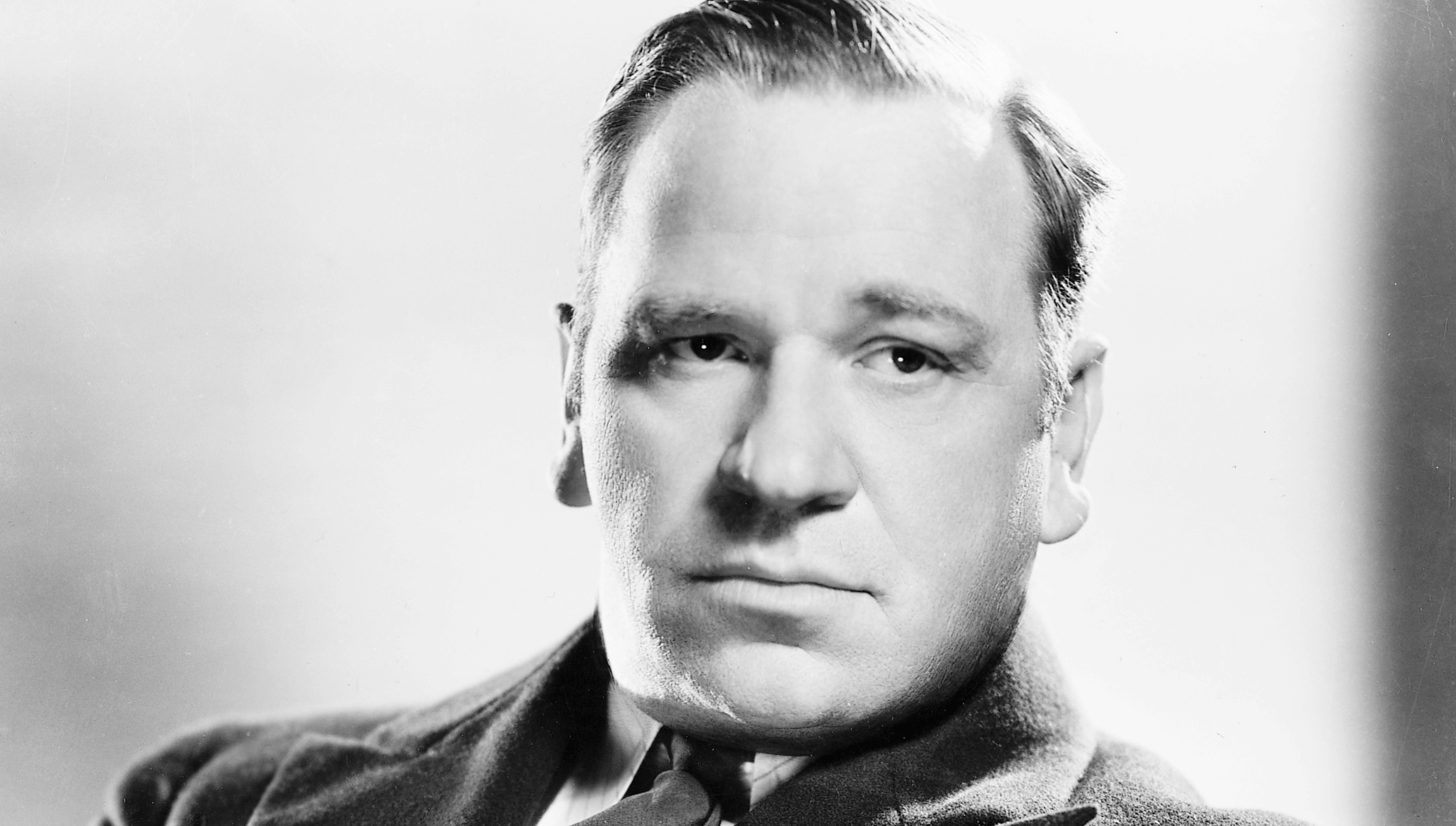 Silver Screen Collection, Getty Images
Silver Screen Collection, Getty Images
6. He Fell For Gloria Swanson
Even dressed in drag, Beery had something of a bad boy charm about him that attracted the ladies. While making the Sweedie films, Beery met Gloria Swanson and the two quickly sparked up a romance. But this wasn't exactly a "happily ever after" situation. Their romance was a nightmare from the very beginning.
 Nickolas Muray, Wikimedia Commons
Nickolas Muray, Wikimedia Commons
7. His Girlfriend Was Underage
When Beery met Swanson, she was still just a child of 16. At 30 years of age, Beery was nearly twice as old as she was. But she was, to quote Stevie Nicks, on the edge of seventeen. And that, apparently, was good enough for Beery. In the future, however, Beery would go out of his way to distance himself from his younger co-stars.
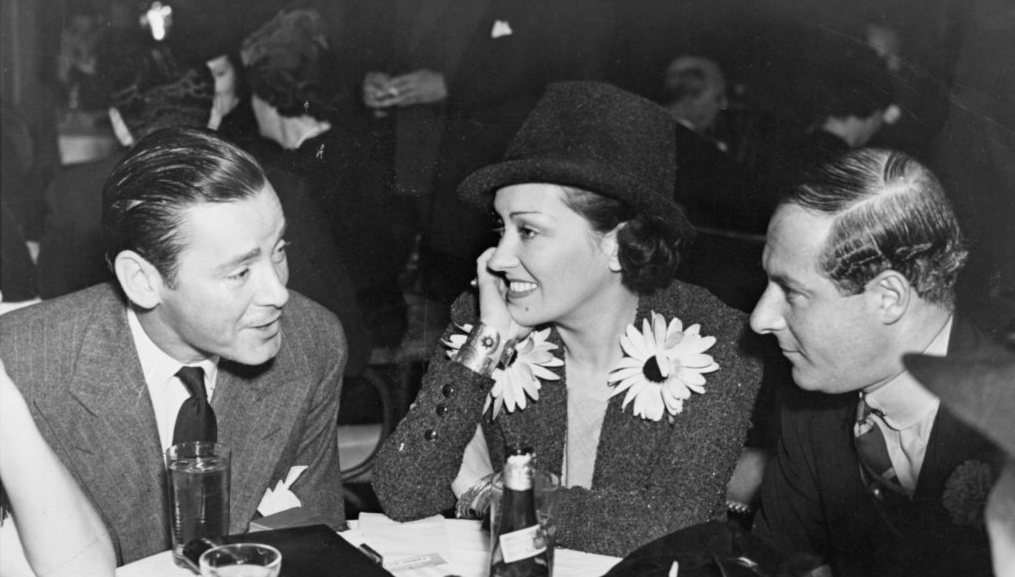 General Photographic Agency, Getty Images
General Photographic Agency, Getty Images
8. He Married A Teenager
Beery married Swanson on March 27, 1916 (a day that also happened to be Swanson’s 17th birthday). Instead of gifting Swanson with a romantic honeymoon getaway, however, Beery gifted her with a wedding night that was more like a horror story—one that would only end two years later with a strange illness and a trip to the hospital.
9. His Wife “Made A Mistake”
According to Swanson's later autobiography, Beery was not an ideal husband. In fact, according to her, he was every bit the villain off-screen as he was on-screen. By the time the moon was rising on their wedding night, she feared that she “had made a mistake” in marrying him. Beery proved her right in the worst way imaginable.
10. He Was “Repulsive”
Wallace Beery was never really famous for his looks. In fact, some people found it hard to stomach even the thought of him. For example, his wife. Swanson was apparently “repulsed” by the idea of Beery as her lover. But, with a wedding ring on her finger, there wasn’t much that she could do to keep Beery out of her bed—no matter how hard she tried.
11. He Forced Himself On His Wife
Despite his wife’s revulsion, Beery probably felt that Swanson owed him certain “wifely responsibilities”. And he wouldn’t take no for an answer. Decades later, Swanson alleged that Beery had forced himself on her during their wedding night. Sadly, throughout their marriage, Beery took a lot more than Swanson’s innocence.
12. He Wanted To Be Bad
At the time that Wallace Beery married Swanson, his career had taken a nosedive and he relied on Swanson as the breadwinner. Despite his success with the Sweedie character, Beery had grown tired of comedies. Being a villain, he felt, simply came more naturally to him—and he was about to hatch his most wicked and maniacal plan yet.
13. He Concocted A Terrible Plan
From their wedding night onwards, there hadn’t been much love between Beery and Swanson. Unfortunately, the couple soon found themselves trapped in their unhappy marriage when Swanson became pregnant with Beery’s child. Like any good villain, however, Beery concocted a master plan to end their marriage—and the life of their unborn child.
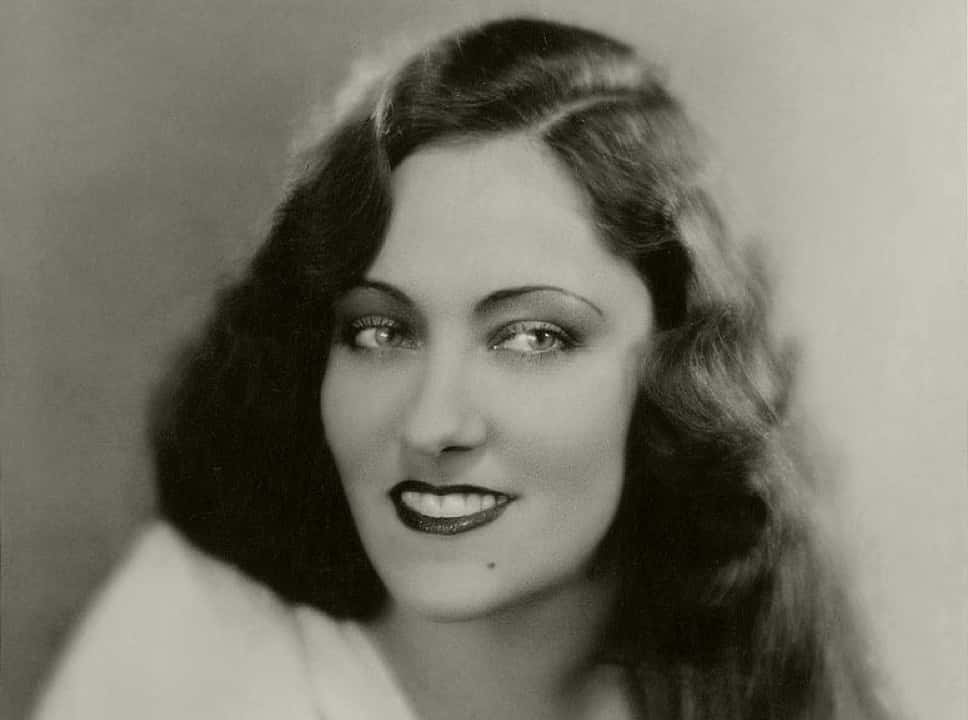 Unknown Author, Wikimedia Commons
Unknown Author, Wikimedia Commons
14. He Poisoned His Wife
When Swanson complained to Beery about her morning sickness, his villainous mind kicked into gear. According to Swanson's autobiography, Beery gave her some “medication” that knocked her out. When she woke up, she was in the hospital and learned the tragic news. She had lost the baby.
Swanson always believed that Beery spiked her medication with an abortifacient to induce an abortion. Needless to say, shortly thereafter, Swanson filed for divorce.
15. His Ego Got Too Big
After the collapse of his first marriage, Beery doubled down on portraying villains. Between 1917 and 1920, he had several breakout roles in films such as Patria, 813, The Virgin of Stamboul, and The Mollycoddle. But as his stardom grew to unparalleled heights, so did his ego and the massive cheques he earned for even small cameos.
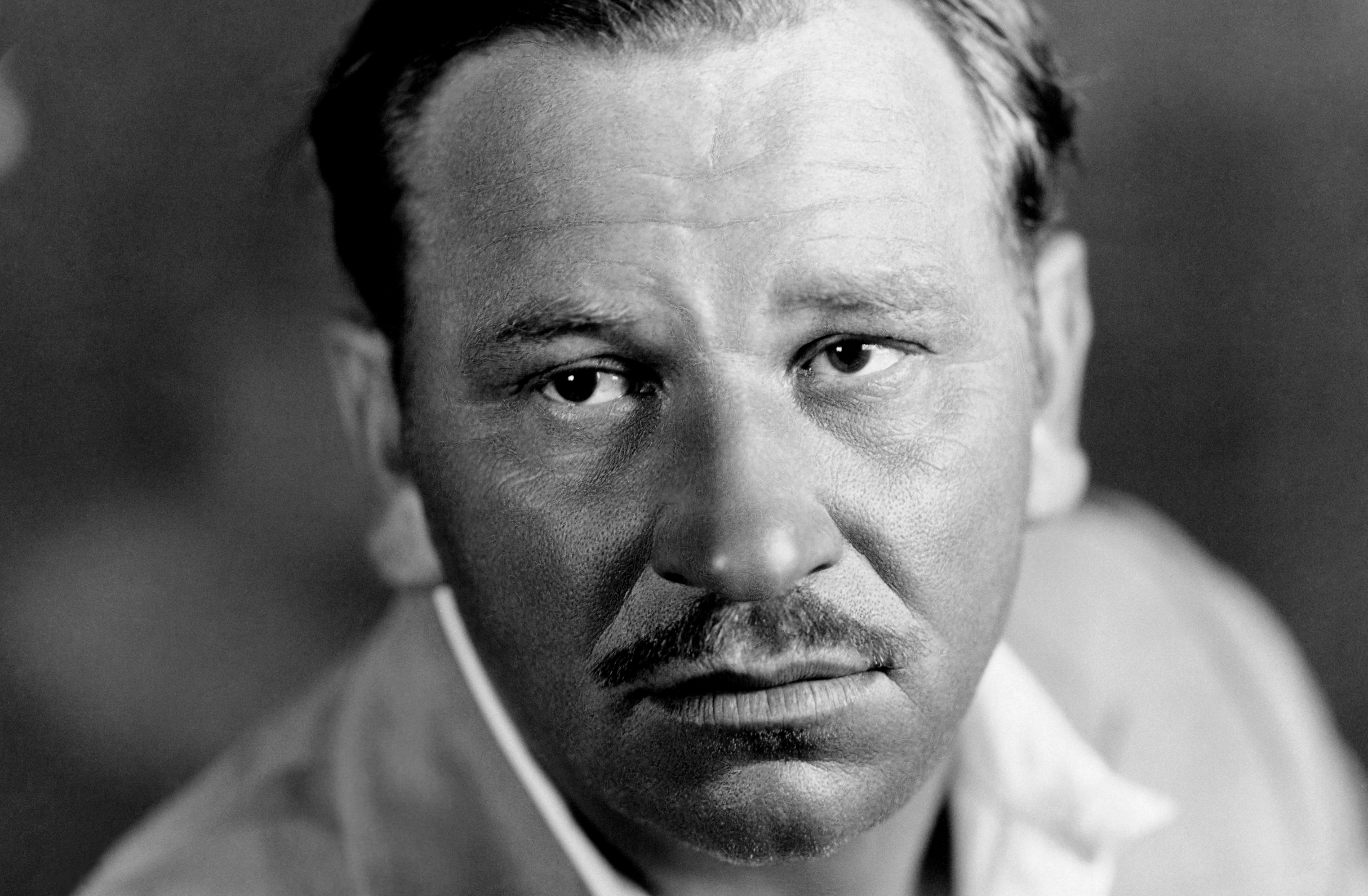 John Springer Collection, Getty Images
John Springer Collection, Getty Images
16. He Made Good Money Being Bad
By 1921, Wallace Beery had made himself the premiere (and priciest) character actor in Hollywood. Clearly, being a bad guy paid—and it paid very well. So much so that he earned more than leading man Rudolph Valentino in 1921’s The Four Horsemen of the Apocalypse even though Valentino was the star of the film. Not all of his co-stars appreciated his rising star.
17. He Jumped Off A Cliff
Wallace Beery starred alongside Douglas Fairbanks in 1920’s The Mollycoddle and put his physical, hands-on acting style to good practice. For a highly dangerous scene, Beery and Fairbanks had to stage a fight that saw them tumble down the side of a steep mountain. Both actors escaped the stunt unscathed but Beery’s career soon went off the cliff.
18. He Was Speechless
Beery’s star continued to rise throughout the 1920s with films such as Robin Hood and The Devil’s Cargo. Audiences came to know him as the expressive character actor who often portrayed on-screen baddies. Then the unimaginable happened; the advent of sound film.
Following this new technological advancement, Paramount kicked the actor to the curb—but, by then, Beery was hungry for fame.
19. He Just Wanted $1
Metro-Goldwyn-Mayer must have known something Paramount didn’t—so, after Paramount fired him, MGM picked up his contract. In true villainous style, however, Beery made them pay. He stipulated in his contract that MGM had to pay him “$1 more than any other contract player at the studio”.
He was worth every penny.
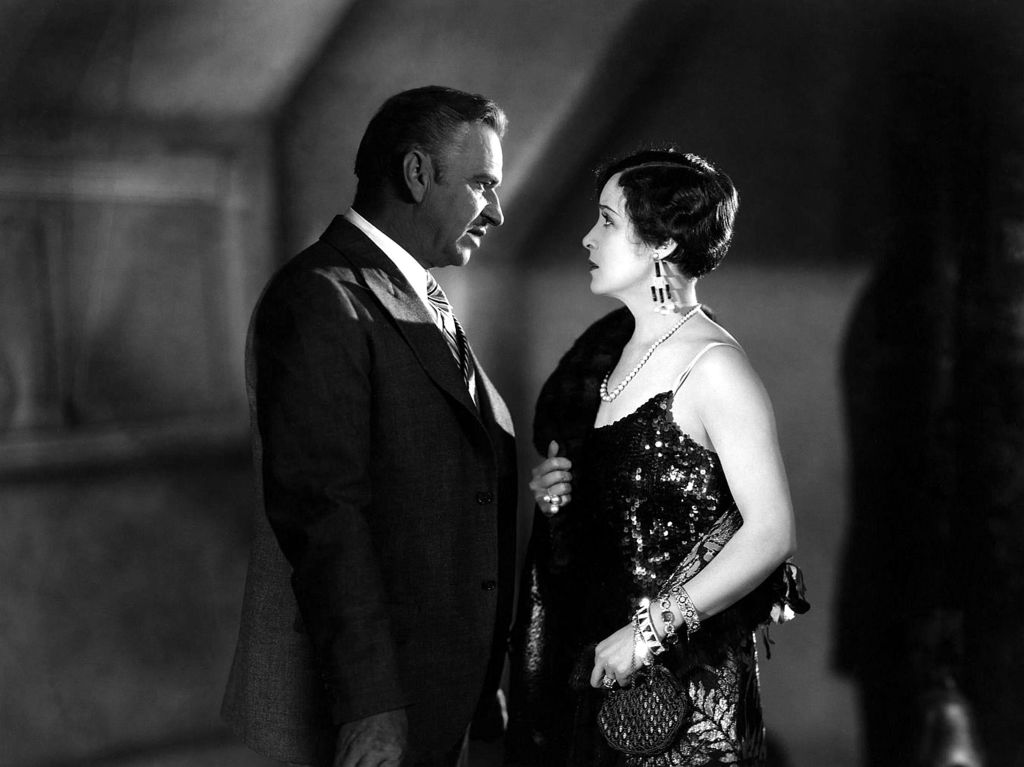 Donaldson Collection, Getty Images
Donaldson Collection, Getty Images
20. He Ate His Way To The Top
Wallace Beery landed his first role in a “talkie” in the strangest way. Frances Marion, screenwriter of The Big House, just so happened to spot Beery “ferociously attacking a plate of spaghetti” in the studio’s canteen. At the sight of the barbarous looking man stuffing his face with food, she knew he'd be perfect for the role of Butch.
Fortunately, others recognized his true acting talents.
21. He Was The Champ
Beery’s relationship with MGM took his career to new heights. In 1932, he won the Academy Award for Best Actor for his role in 1931’s The Champ. But he wasn’t actually “the champ” of the Oscars that year. The records clearly show that Beery lost the award by one vote to Frederic March. Thanks to a technicality, however, he managed to snag gold.
22. He Won On A Technicality
In 1932, when Wallace Beery won his Oscar, the Academy had a different set of rules. According to the guidelines at the time, nominees who were separated by one vote were considered to be technically “tied”. So, despite the fact that he actually had fewer votes than Frederic March, Beery still managed to share the spotlight with him that night.
But it’s not like March had much of a choice.
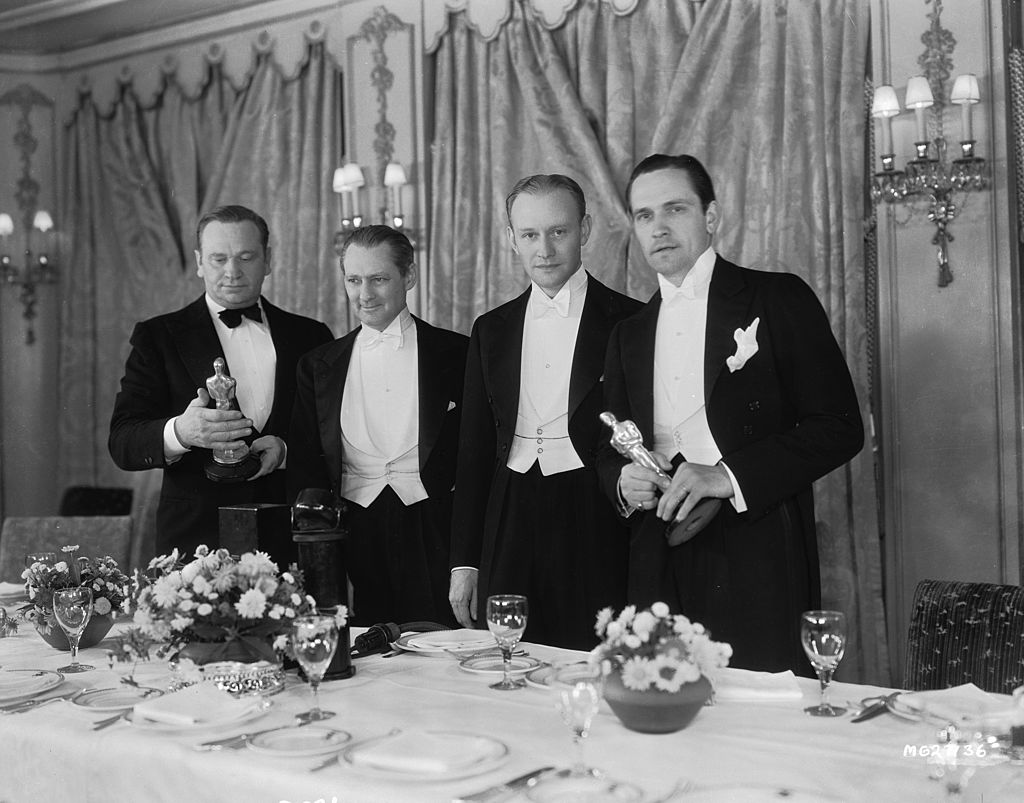 John Kobal Foundation, Getty Images
John Kobal Foundation, Getty Images
23. His Boss Stood Up For Him
Legend has it that the Academy planned on ignoring the rule and giving the Oscar to March, despite the technical “tie”. An irate Louis B Mayer then apparently stormed backstage and angrily demanded that March share the Academy Award with Beery. Not wanting to defy the all-powerful studio head, the Academy sheepishly obliged.
They were all, also, likely terrified of Beery himself.
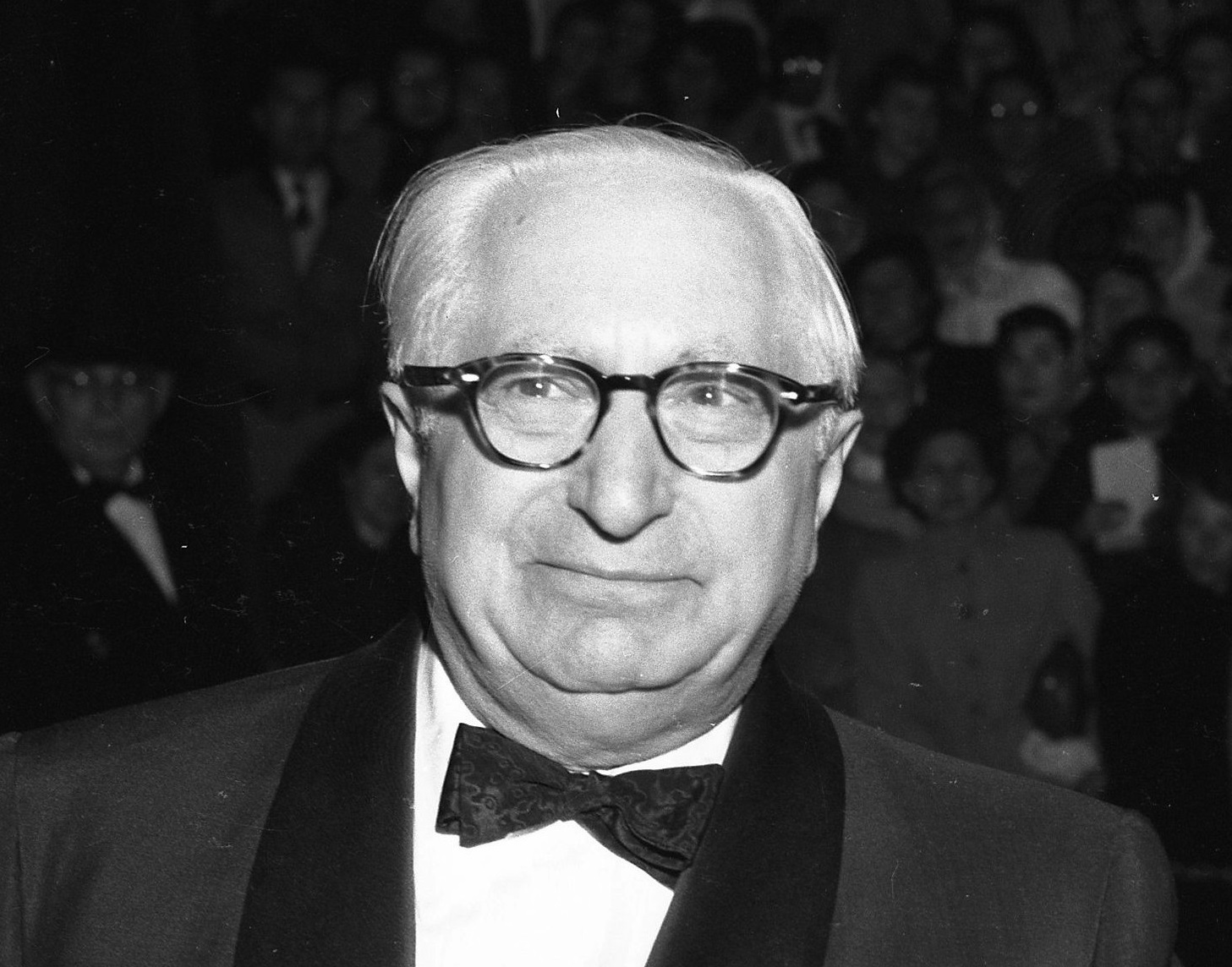 Los Angeles Times, CC BY 4.0, Wikimedia Commons
Los Angeles Times, CC BY 4.0, Wikimedia Commons
24. He Was Not Easy To Work With
Wallace Beery rarely (read: basically never) got along with his co-stars. Case and point, his relationship with child actor, Jackie Cooper, on the set of films like The Champ and Treasure Island. According to Cooper, Beery treated him like “an unkempt dog” and tried to upstage him in every scene out of a misplaced sense of jealousy. Oh, but it gets worse.
25. He Pushed People Away
Despite Beery’s poor attitude towards Cooper, they were frequent collaborators and the young actor still tried to connect with the aging meanie. Cooper later recalled a moment after a particularly tender scene. With heightened emotions, he threw his arms around Beery only for the gruff actor to firmly push him away. Thankfully, the cameras had stopped rolling.
26. He Wanted All The Close-Ups
There’s good reason to believe Cooper’s allegations that Beery was a real baddie—not just pretending to be one. After starring alongside Cooper in The Champ, Beery went to studio head, Louis B Mayer, and renegotiated his contract. He made a shocking request. This time, he stipulated that no child actor could have a close-up in any movie that he starred in.
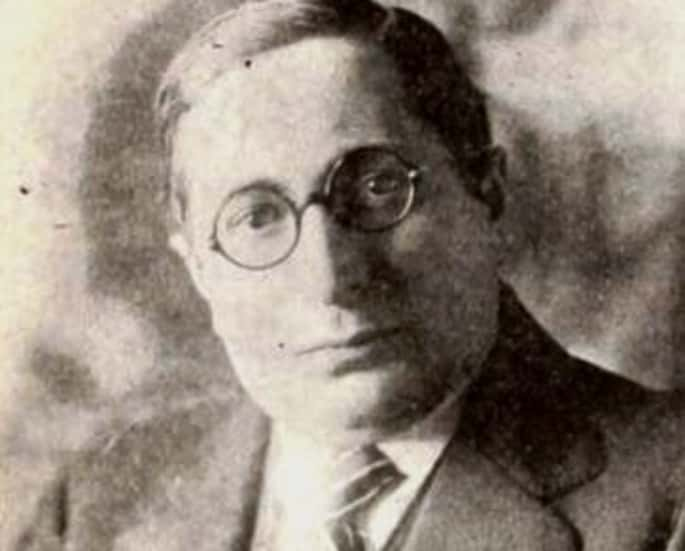 Unknown Photographer, Wikimedia Commons
Unknown Photographer, Wikimedia Commons
27. He Crowed About Crawford
Child actors weren’t the only ones who got on Beery’s nerves. In fact, even some of Hollywood’s biggest legends had a hard time working with the villainous actor. In a huff, Beery stormed off the set of 1932’s Grand Hotel. He said he would only return when his co-star, the legendary screen actress Joan Crawford, “[learned] to act”.
But that wasn't the craziest thing to happen during the production.
 George Hurrell, Wikimedia Commons
George Hurrell, Wikimedia Commons
28. He Was A Tycoon
Grand Hotel turned out to be one of Beery's biggest films. But he didn’t even want to star in it, believing that his role as “an amoral business tycoon” would ruin his public image. When his early attempts to stage a walkout failed, he decided to turn into a real tycoon. He made every effort possible to upstage his co-stars—even after the cameras stopped rolling.
29. He Impersonated A Sphinx
Crawford and Cooper weren’t the only actors that had a hard time working with Wallace Beery. Rumors spread that Greta Garbo was going to perform at the premiere of Grand Hotel. Instead, however, the eager audience arrived to see Beery dressed in drag, making a mockery of the sultry Swedish Sphinx. The gag did not go over well.
30. He Hated Harlow
In case Joan Crawford and Greta Garbo weren’t enough, Beery added one more leading lady to the list of people who couldn’t stand him: Jean Harlow. When Beery starred alongside Harlow in Dinner at Eight, the two could barely stand to be around each other. Thankfully, they were portraying a husband and wife who couldn’t stand each other so it all worked out.
There was one woman, however, who turned Beery from a baddie into a buffoon.
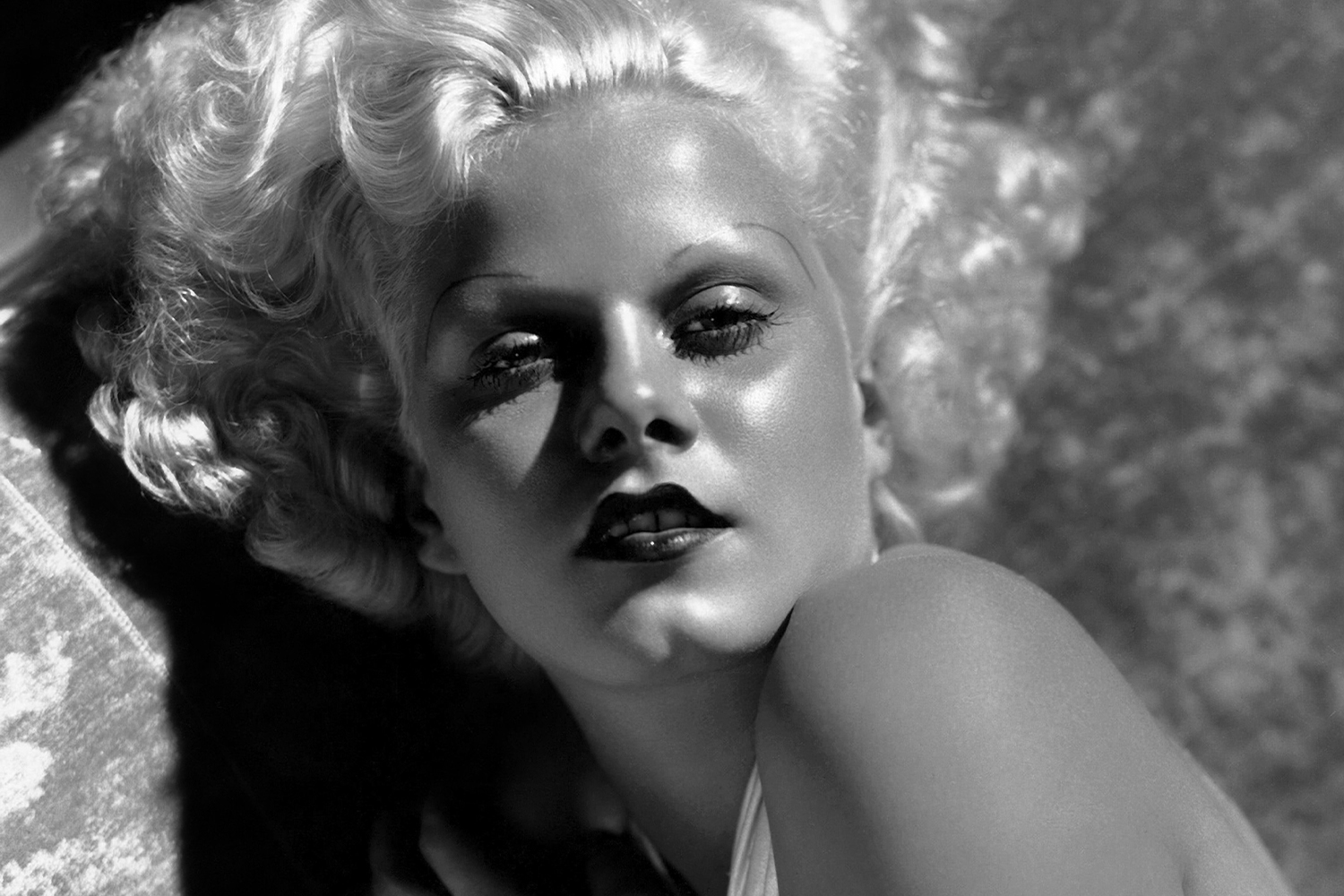 Donaldson Collection, Getty Images
Donaldson Collection, Getty Images
31. He Was A Baboon
Of all the actors that Wallace Beery turned into adversaries, the only one to stand up to him was Marie Dressler. When the two starred together in Min and Bill, Dressler declared that she would not take “nonsense from this baboon”. No one on the set believed that the 60-year-old actress had what it took to stand up to Beery. Then she proved them all wrong.
32. He Acted Like A Little Boy
True to form, Beery started insulting Dressler on set. But the veteran actress wasn’t having it. She responded to Beery's insults by saying that she would serve “his head on a platter to MGM chief Louis B Mayer” if he didn’t fall in line. And fall in line, he did. He went about like “a little boy being very careful that Mommy didn't catch him with his hand in the cookie jar".
33. He Boxed In The Bowery
Unfortunately, it wasn’t just his female co-stars (and young co-stars) that Beery locked horns with. In fact, given how he treated some of Hollywood’s leading men, the women and children got off easy. When he had a fight scene with George Raft in The Bowery, he turned what was meant to be play fighting into a real throwdown, knockout, bare-knuckled brawl.
34. He Knocked Out His Co-Star
Raft claimed that, before their fight scene in The Bowery, Wallace Beery asked him if he could throw the first punch. But before Raft could even agree, Beery sucker-punched him, knocking him out for several minutes. “When I came to, I got up and called him everything I could think of,” Raft said. The two heavyweight actors genuinely fought, causing the crew to intervene.
His other fights, however, had much darker outcomes.
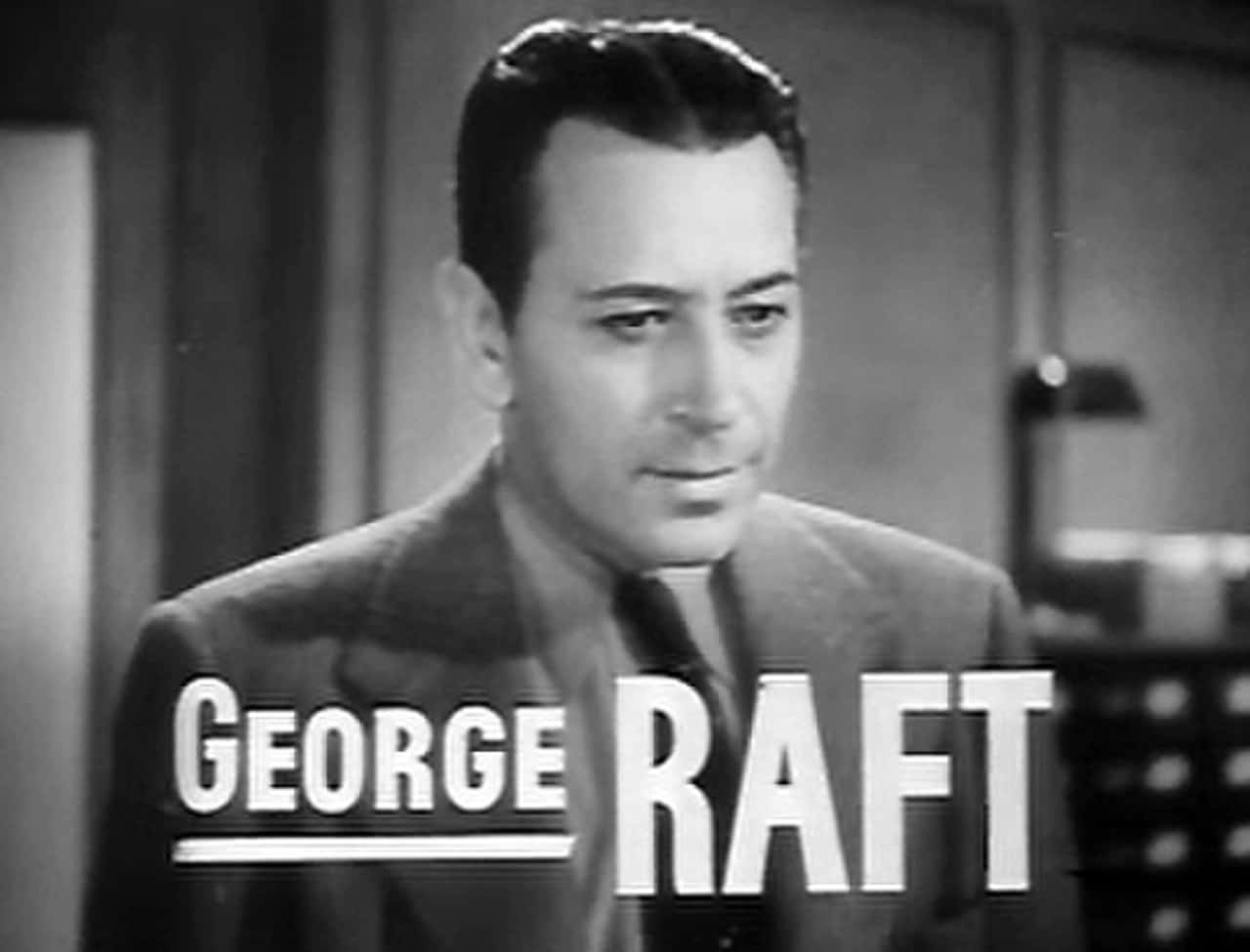 Trailer Screenshot, Wikimedia Commons
Trailer Screenshot, Wikimedia Commons
35. He Fought To The Bitter End
In 1937, Beery was potentially involved in another, more infamous Hollywood brawl. Unlike his tussle with George Raft, however, this one proved to be fatal. In 2005, author EJ Fleming claimed that Beery had been one of three assailants responsible for the demise of the Three Stooges founder, Ted Healy. Fleming’s account of events paints Beery, unsurprisingly, as a true villain.
36. He Jumped A Guy
The story goes that Beery, along with James Bond producer Albert Broccoli and mafioso Pat DiCicco, confronted Healy as he exited Cafe Trocadero on the Sunset Strip. The three not-so-funny stooges doled out a brutal, bare-knuckled beating on Healy, leading to his untimely passing days later. There’s just one problem with the story.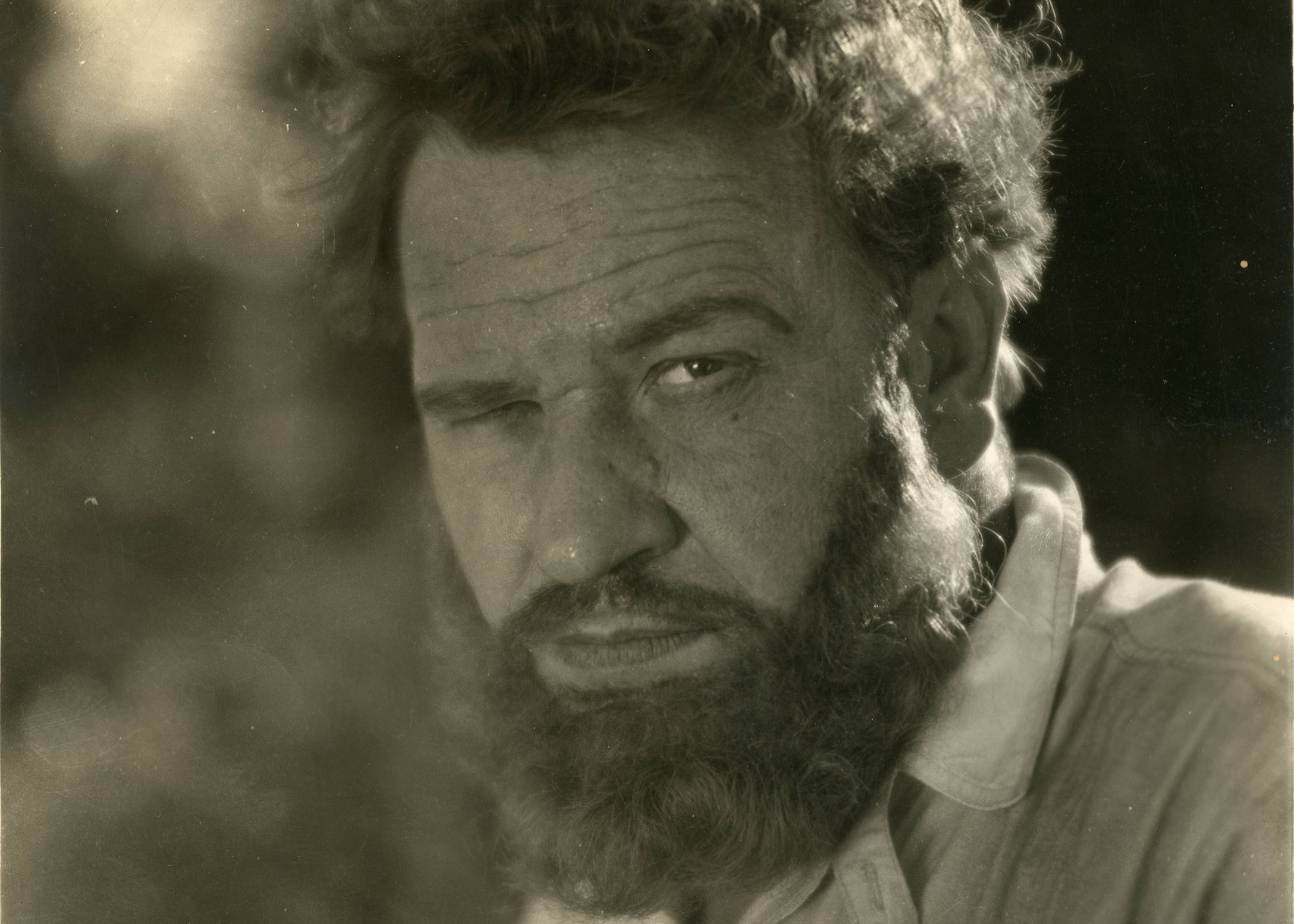 University of Washington, Wikimedia Commons
University of Washington, Wikimedia Commons
37. He Never Claimed He Did It
For his part, Broccoli confessed that he had, in fact, gotten into a fight with Healy at Cafe Trocadero. News reports from the time, however, make no mention of Beery’s involvement and Beery never confirmed nor denied his involvement. Furthermore, Healy's autopsy associated his untimely demise with "acute nephritis" caused by harmful substances.
No jury would have been brave enough to convict Beery anyway.
38. He Sabotaged His Films
Even the all-powerful Louis B Mayer had a hard time keeping Beery in line. When Mayer ordered a reshoot of the ending of Treasure Island, Beery threw a tantrum. He deliberately flubbed his lines, hid in his dressing room for hours and took extended breaks. His antics turned a one-day reshoot into a four-day nightmare for his co-stars.
There was just nothing that Mayer could do.
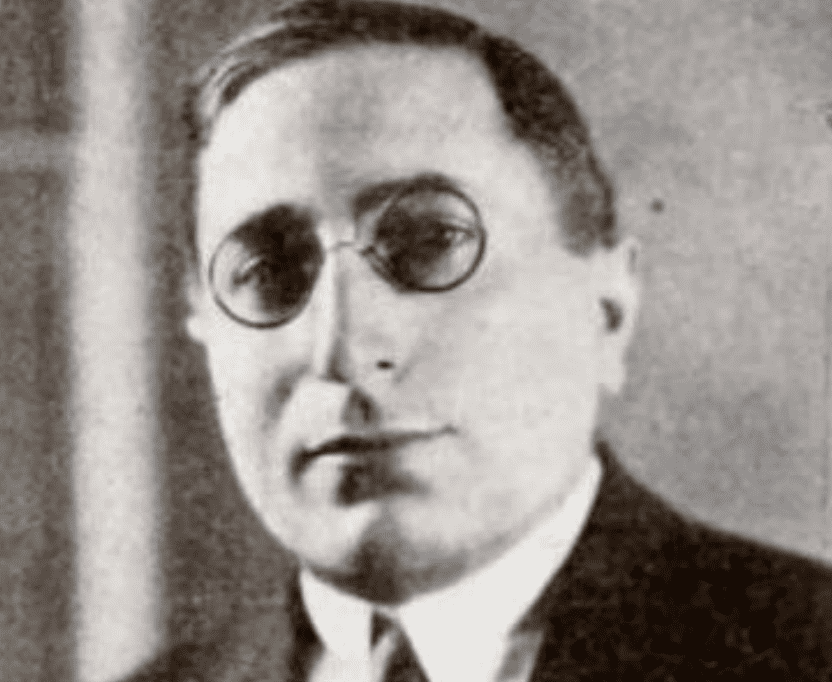 Unknown Photographer, Wikimedia Commons
Unknown Photographer, Wikimedia Commons
39. He Was A Real Pain
Beery’s bad behavior cost MGM in more ways than one. When the studio’s head of publicity, Howard Strickling, complained to Mayer that Beery was, shall we say, helping himself to expensive items from his film sets, Mayer could only shake his head. Mayer knew Beery was a real piece of work, but he couldn't deny that the actor raked in a lot of money for the studio.
Basically, there was no getting rid of Wallace Beery.
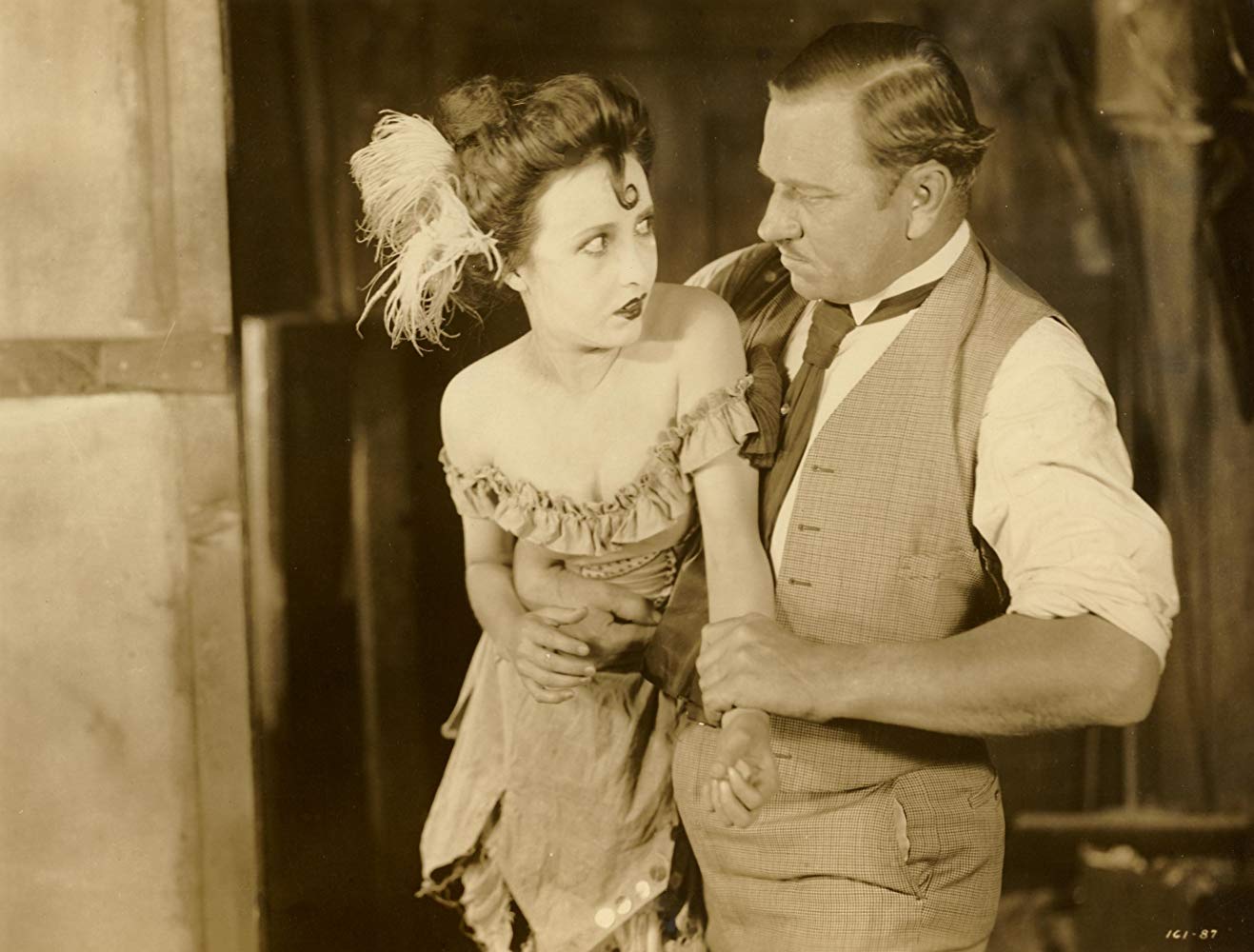 Pathe Exchange, Wikimedia Commons
Pathe Exchange, Wikimedia Commons
40. He Had A “Pansy” Scene
If Louis B Mayer couldn’t keep Beery on a leash then no one could. Except, perhaps, for the movie censors. The Production Code Administration demanded that MGM cut a scene in West Point of the Air that saw Beery lock lips with his male co-star, James Gleason, calling the scene a “pansy gag”. Ultimately, the scene did not make the final cut.
Beery was, himself, on his last leg.
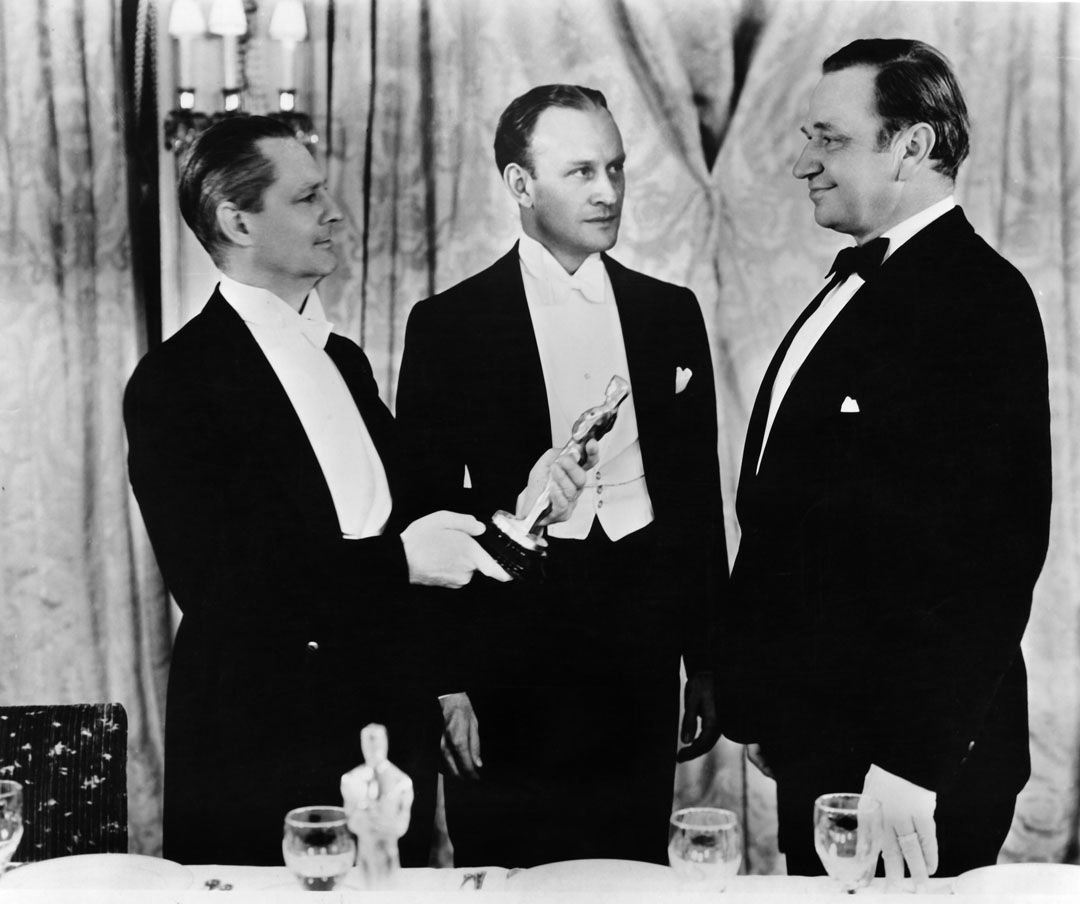 Yung S'Getti, CC BY-SA 4.0, Wikimedia Commons
Yung S'Getti, CC BY-SA 4.0, Wikimedia Commons
41. He Struck A Child
Beery’s behind-the-scenes antics finally got him into trouble with the wrong director. In the 1937 movie Slave Ship, Beery strikes his 16-year-old co-star, Mickey Rooney, on the face. Instead of a staged hit, Beery genuinely hit the child, causing him to fall and disrupt the shot. Suffice to say, the film’s director would not tolerate that kind of behavior.
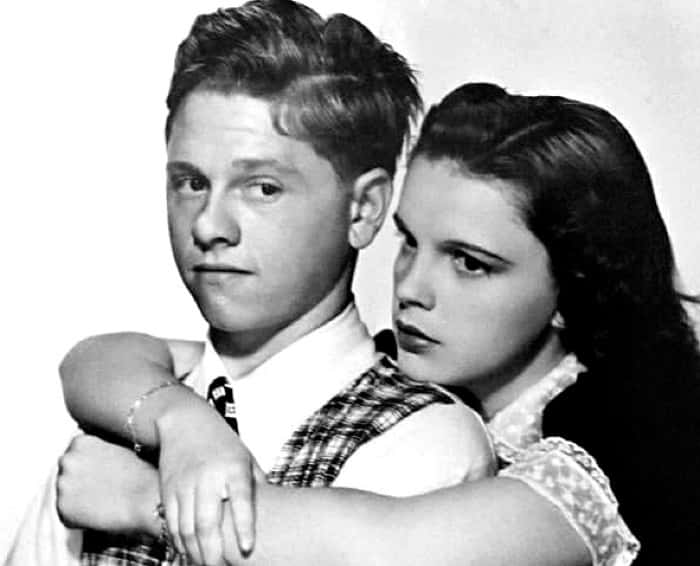 MGM, Clarence Bull, Wikimedia Commons
MGM, Clarence Bull, Wikimedia Commons
42. He Might Have Suffered An “Accident”
After the incident, Tay Garnett, the director, pulled Beery aside and corrected his behavior. Garnett explained to him that everyone adored Rooney. He then informed Beery that it would be unfortunate if any of the heavy equipment on set were to “accidentally” fall on top of him. Beery got the message and behaved himself for the rest of the production.
43. He Was “Lovable”
Oddly enough, Mickey Rooney never begrudged Beery for his “hands-on” approach to acting. In fact, Rooney is just about the only one of Beery’s former co-stars to say anything nice about the man. In his memoirs, he described Beery as “a lovable, shambling kind of guy” but confessed that “not everyone loved him the way I did”.
Practically no one did. Not even his second wife.
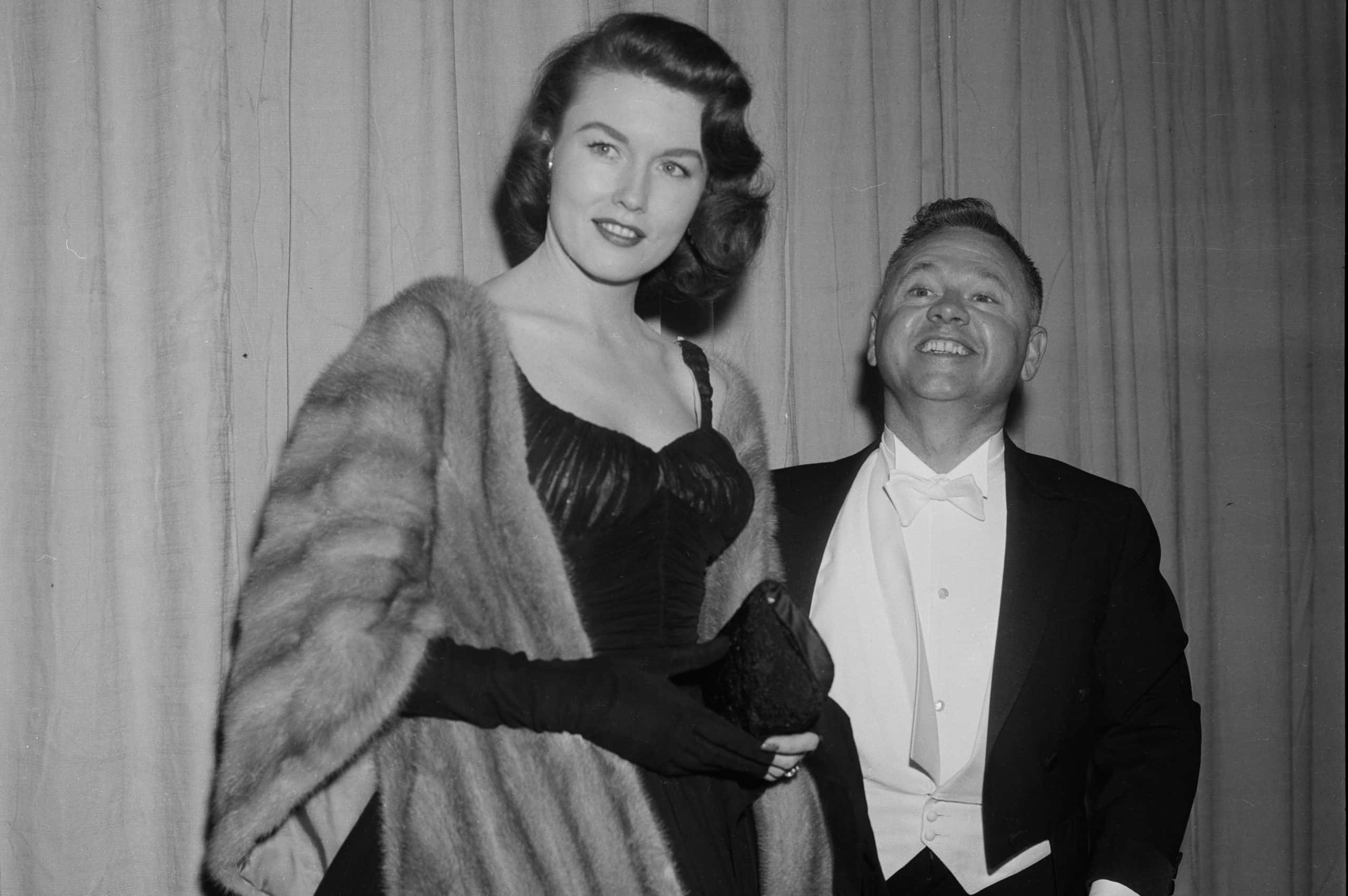 Michael Ochs Archives, Getty Images
Michael Ochs Archives, Getty Images
44. His Marriage Ended Without Warning
Beery’s second marriage, this time to the actress Rita Gilman, was a lot less tumultuous than his first. But probably only because we know a lot less about it...except for how it ended. The couple were married from 1924 to 1939 when Gilman suddenly and inexplicably filed for divorce. For once, it would seem that Beery was not the villain.
45. His Divorce Only Took 20 Minutes
Gilman secured her divorce from Beery just 20 minutes after filing the papers. Another 15 days later and she had already remarried, leaving him with their adopted daughter, Carol Ann. For someone who, very obviously, loathed working with kids on set, he certainly proved to be quite the family man. At least, that’s what he told the tabloids.
46. He Loved Kids, Apparently
Shortly after his divorce from Gilman, Beery adopted a seven-month-old girl named Phyllis Ann Beery. He claimed that he had taken the girl in from a single mother and explained his decision to the tabloids. “It kind of eases your conscience, taking in kids. And anyway, I love ‘em”. He certainly had an odd way of showing it.
47. He Just Wanted Someone To Squeeze
When Beery starred alongside a nine-year-old Margaret O’Brien in 1946’s Bad Bascomb, he caused a stir on set. Instead of shunning O’Brien, as he usually did with his child co-stars, he showered her with attention. A little too much, maybe. O’Brien later recalled that the crew had to protect her from Beery who was constantly pinching her.
Funny enough, he pinched pennies too.
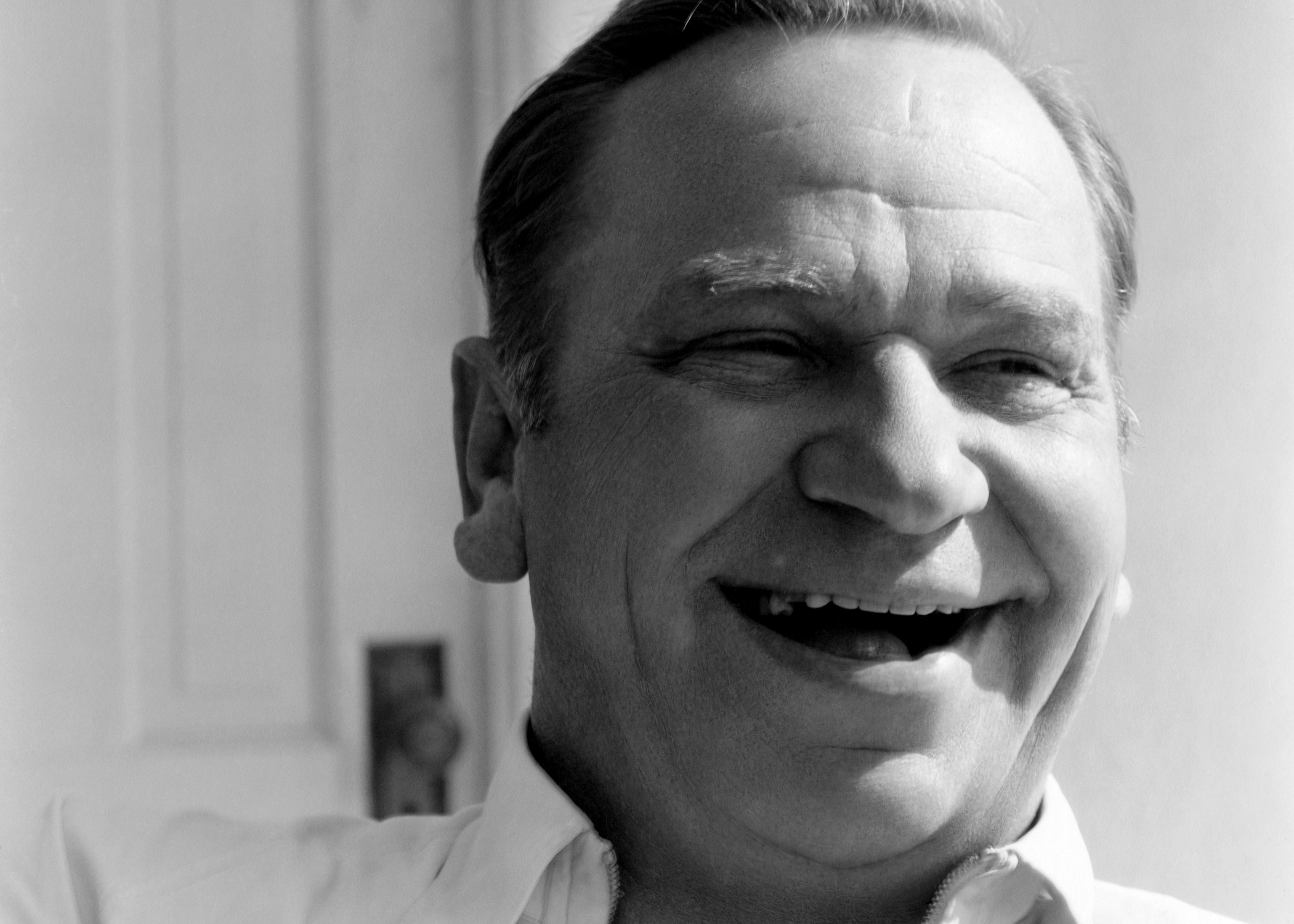 John Springer Collection, Getty Images
John Springer Collection, Getty Images
48. He Never Had Any Useful “Tips”
Throughout his career, Beery was one of the highest paid actors around. So he had no excuse for being ridiculously cheap. Nevertheless, the ballin’ baddie refused to leave tips for MGM staffers. As he explained, tips were for remarkable service only and, seeing as he was a star, he experience wonderful service all the time. So, to Beery, tipping would have been a complete waste.
He expected everyone to pay their own way.
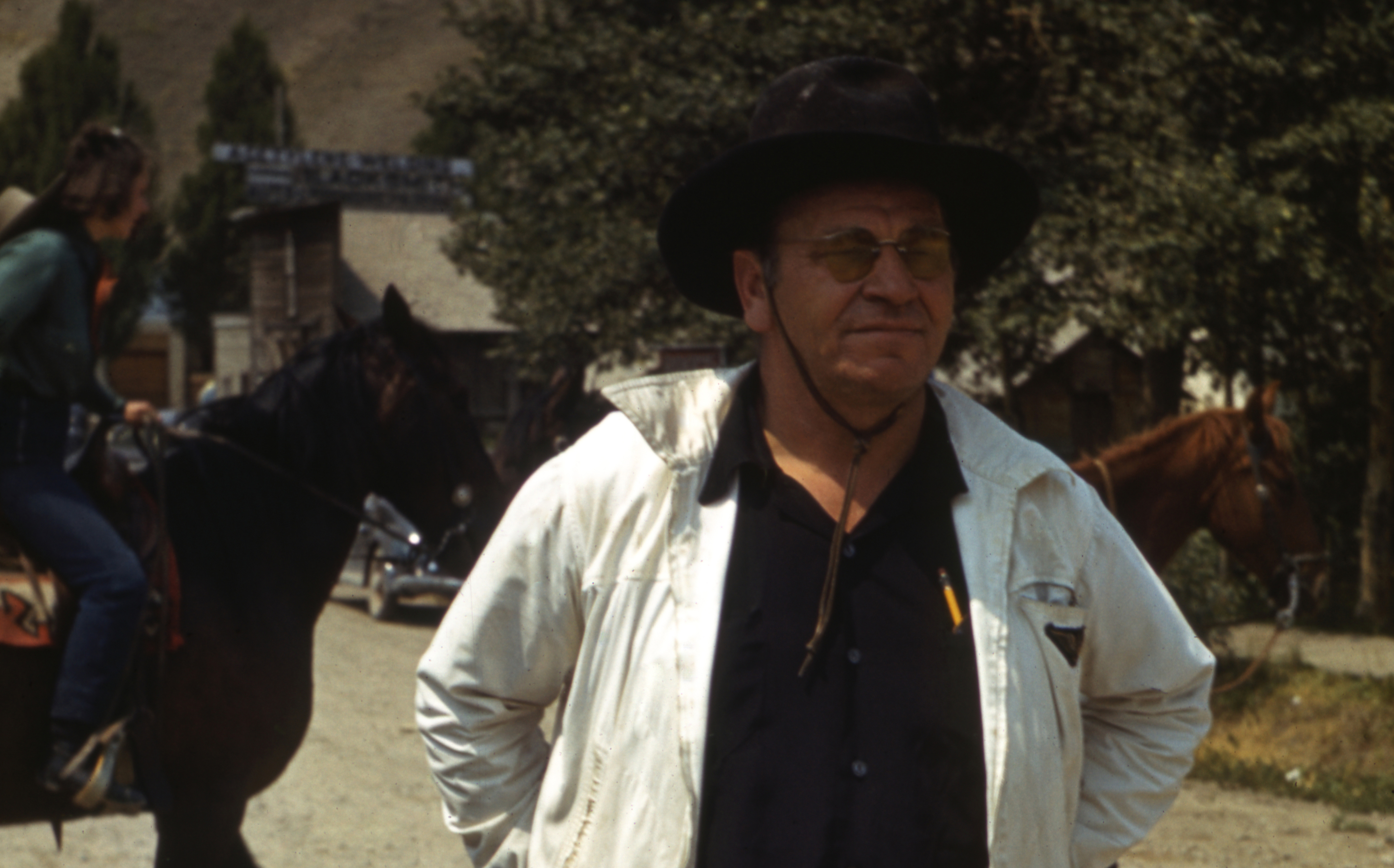 Jim Heimann Collection, Getty Images
Jim Heimann Collection, Getty Images
49. He Split The Bill
When Beery shared the screen with a 12-year-old Darryl Hickman in the film titled Mail, it appeared to everyone that the seasoned adversary had embarked on a new path. He invited the young actor out to lunch. Once the bill came, however, Beery looked at the dumbstruck kid and said, “Okay, kid, you owe me 75 cents”.
50. He Suffered From Self-Inflicted Injuries
Around the mid-1940s, Beery’s career began to take a downturn. His fellow Hollywood actors and directors had grown tired of his villainous behavior while audiences had cooled to his hot temper. He even lost his touch with his stunts, inadvertently harming himself during the production of The Bad Man of Brimstone.
While on set, he accidentally discharged a blank cartridge, resulting in a wound to his leg. He spent the next several weeks in hospital, recovering from his self-inflicted injury. The wound to his career, however, would never heal.
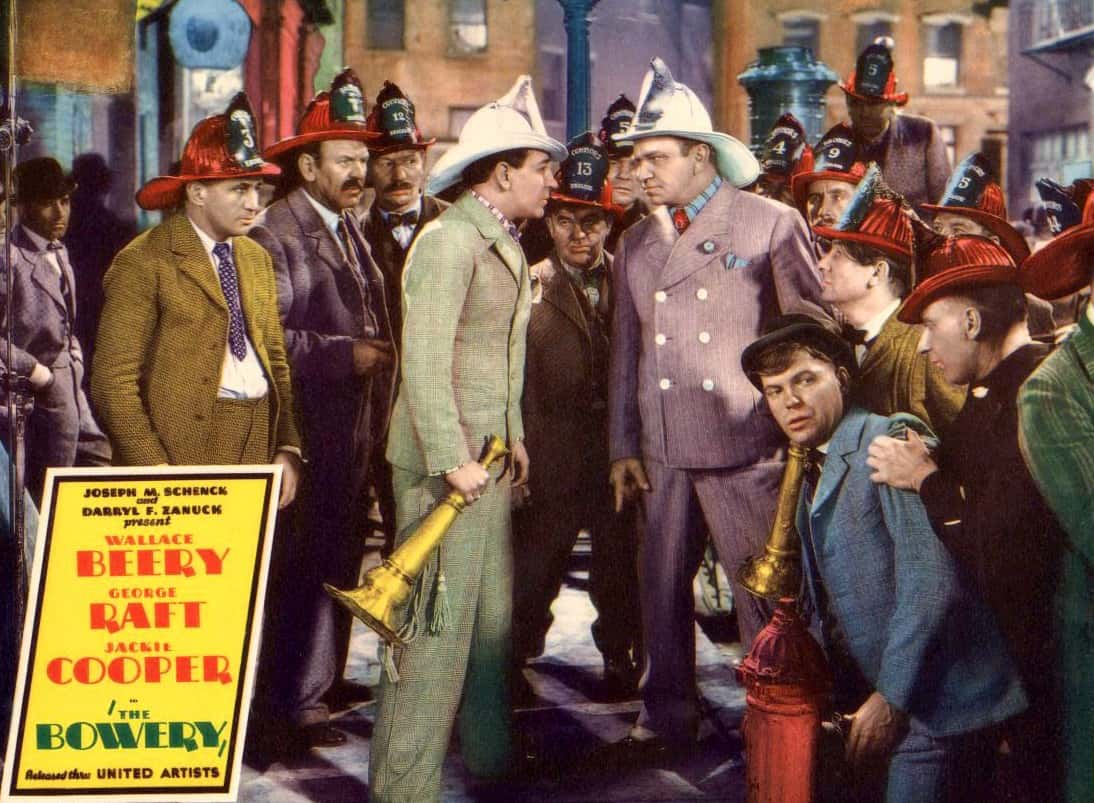 United Artists, Wikimedia Commons
United Artists, Wikimedia Commons
51. He Was Irreplaceable
At 64 years of age, Beery attempted to revive his career with the 1949 film Big Jack. The Richard Thorpe directed comedy-drama put Beery back in the spotlight…for three days. Just 72 hours after the film’s release, Beery suffered a heart attack from which he would never recover. The inscription on his grave read, “No man is indispensable, but some are irreplaceable”.
His only friend, Mickey Rooney, eventually buried his own father next Beery: "I thought it was fitting that these two comedians should rest in peace, side by side".


